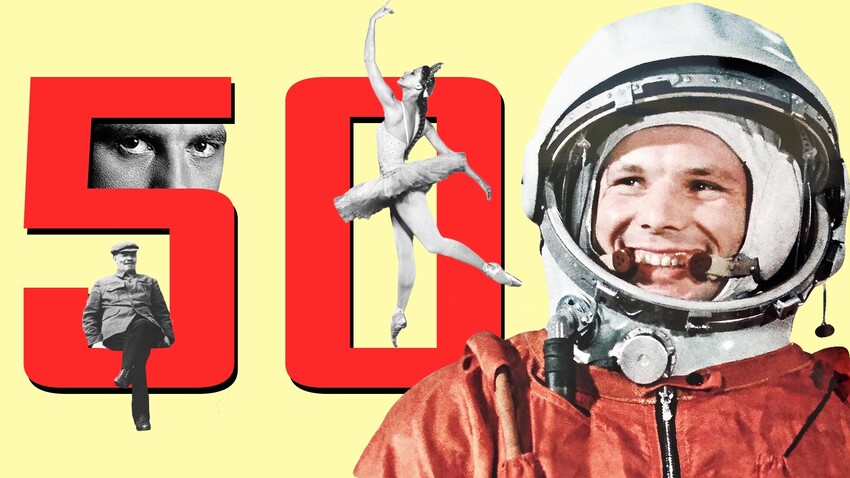
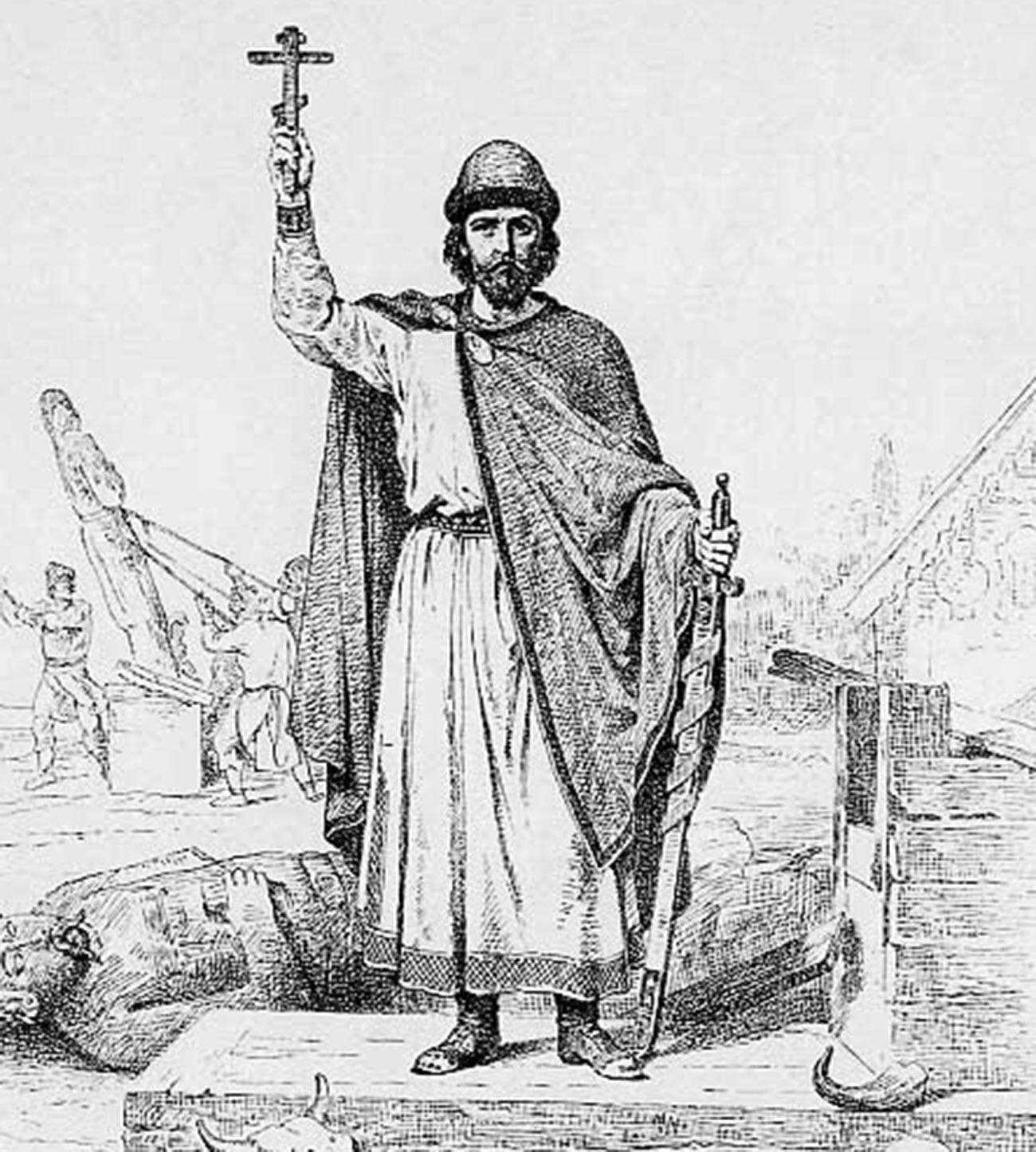
The famous Pagan ruler who, in 988, adopted Christianity and baptized Rus’.
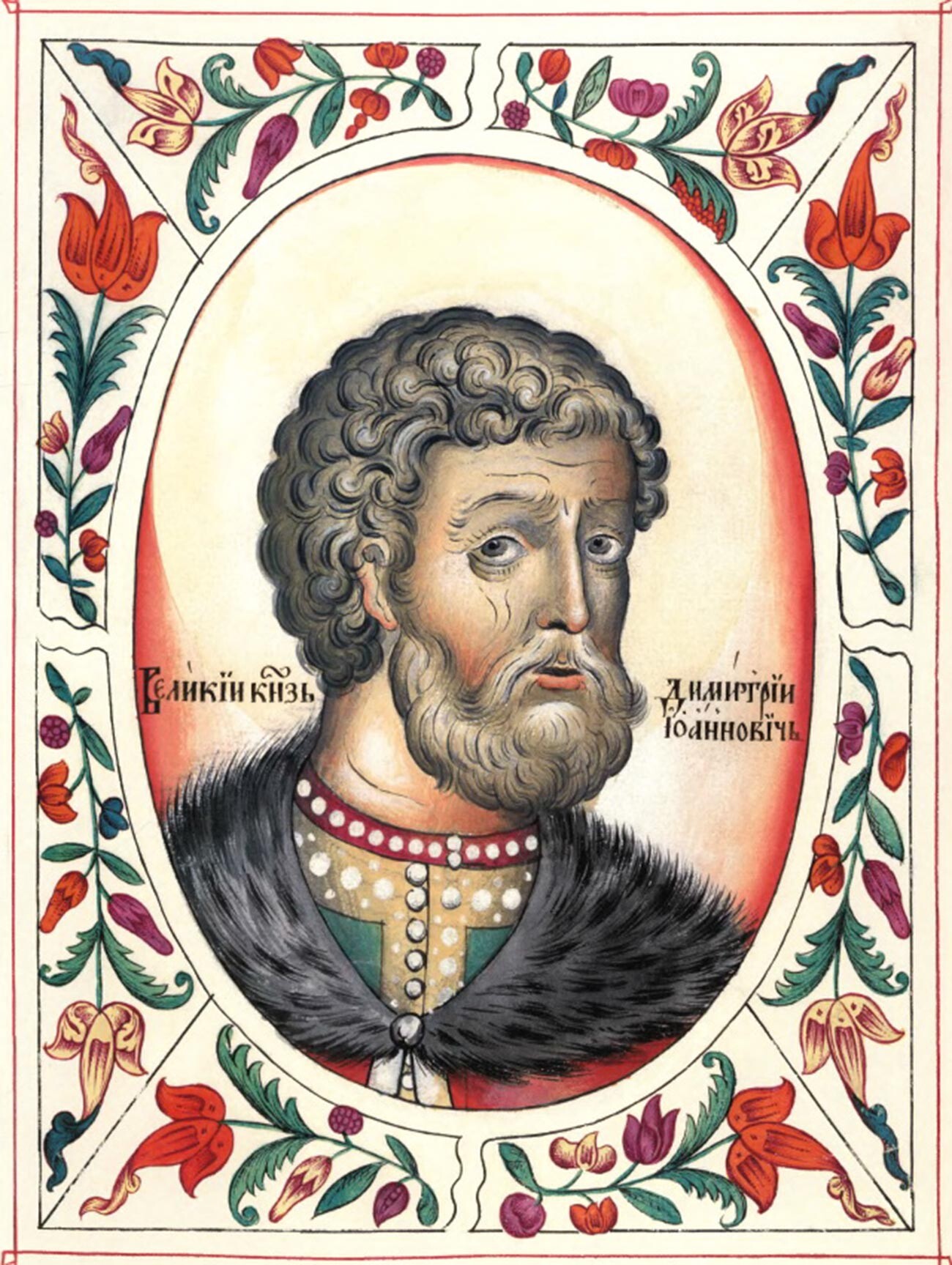
The Moscow Prince who inflicted the first major defeat of the Mongol-Tatars at the Battle of Kulikovo.
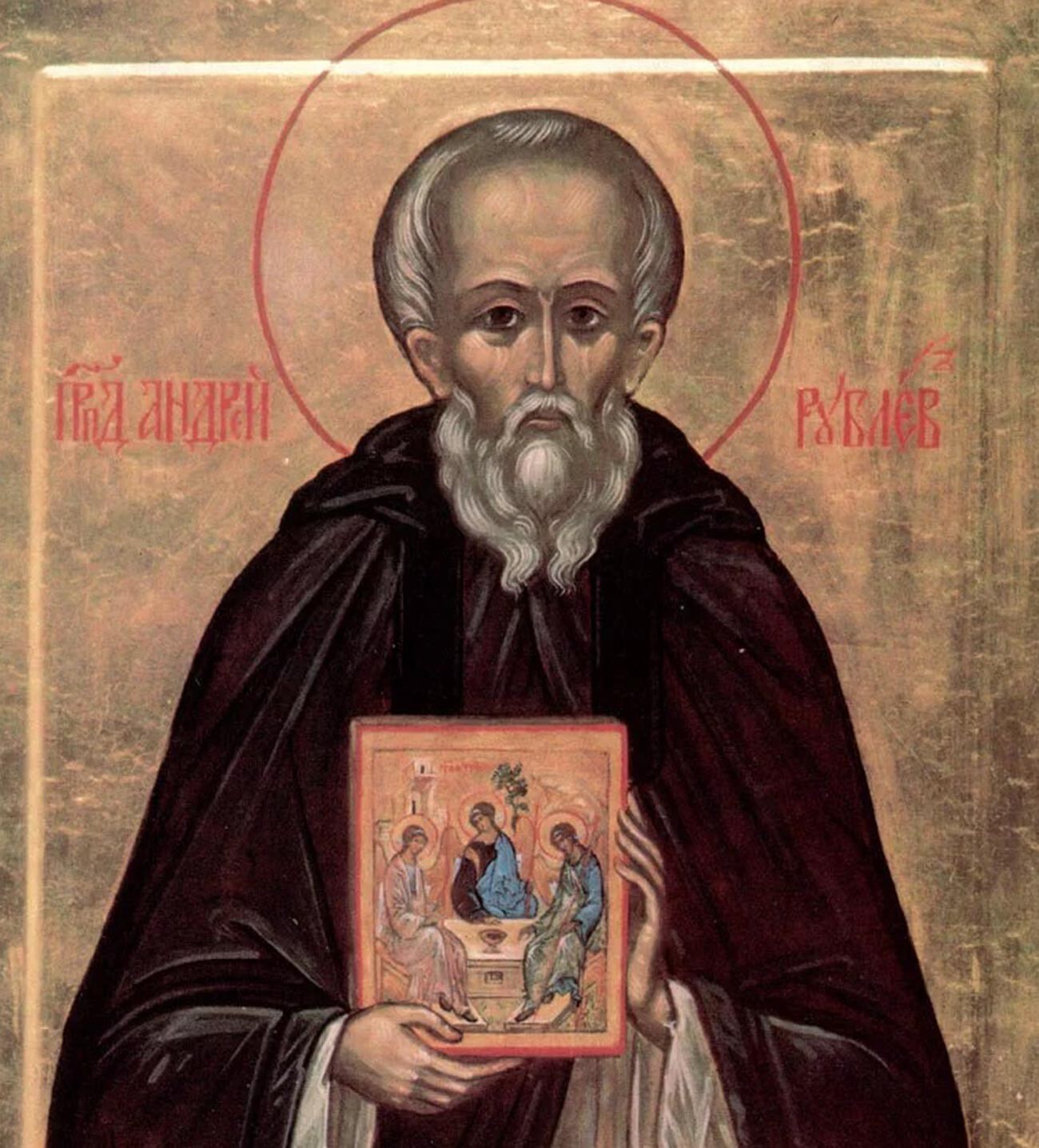
The great Russian icon painter, author of ‘The Trinity’ icon.
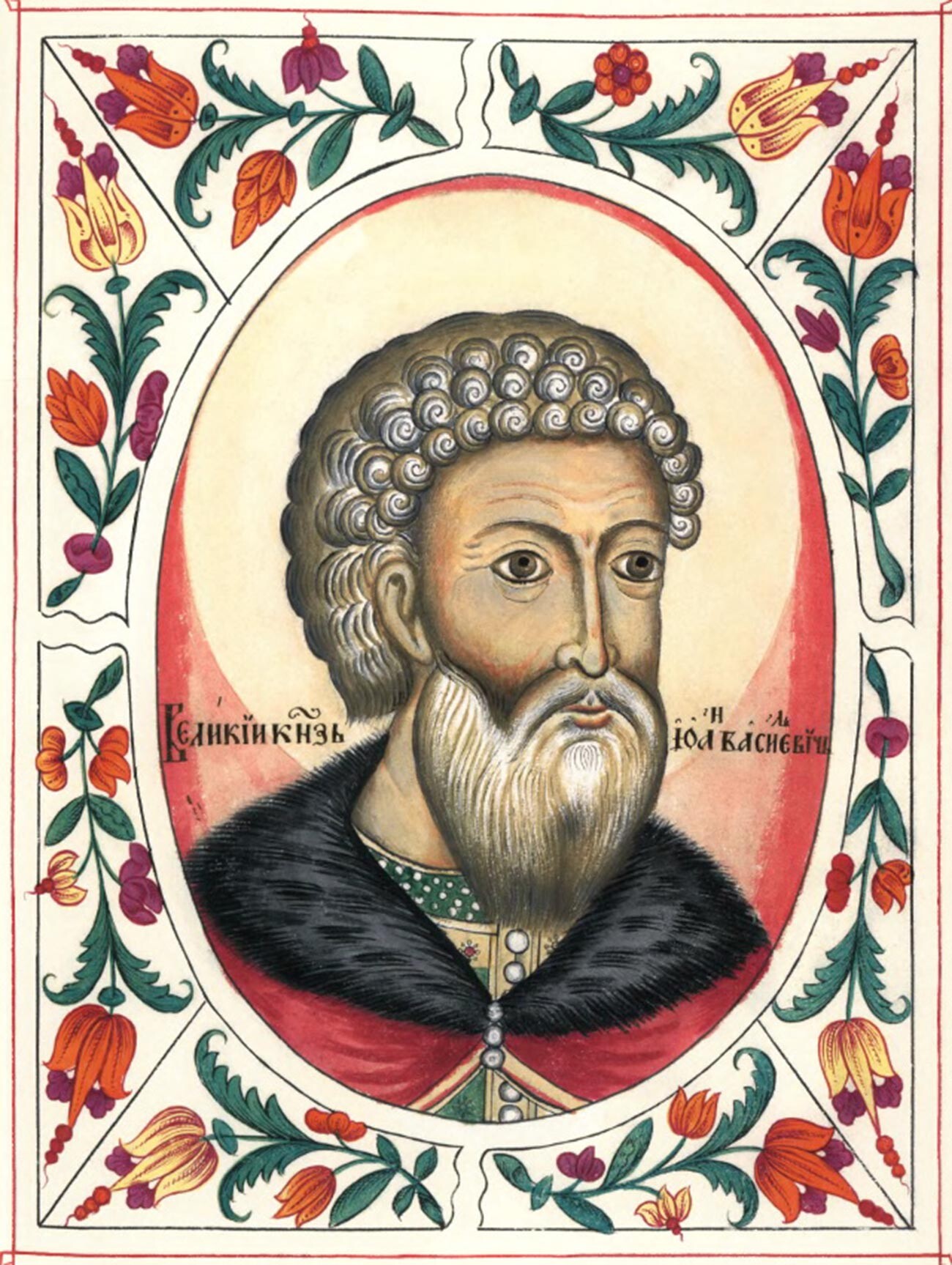
The founder of the Moscow state, the first Grand Prince of Moscow who was considered the official Russian ruler in Europe.
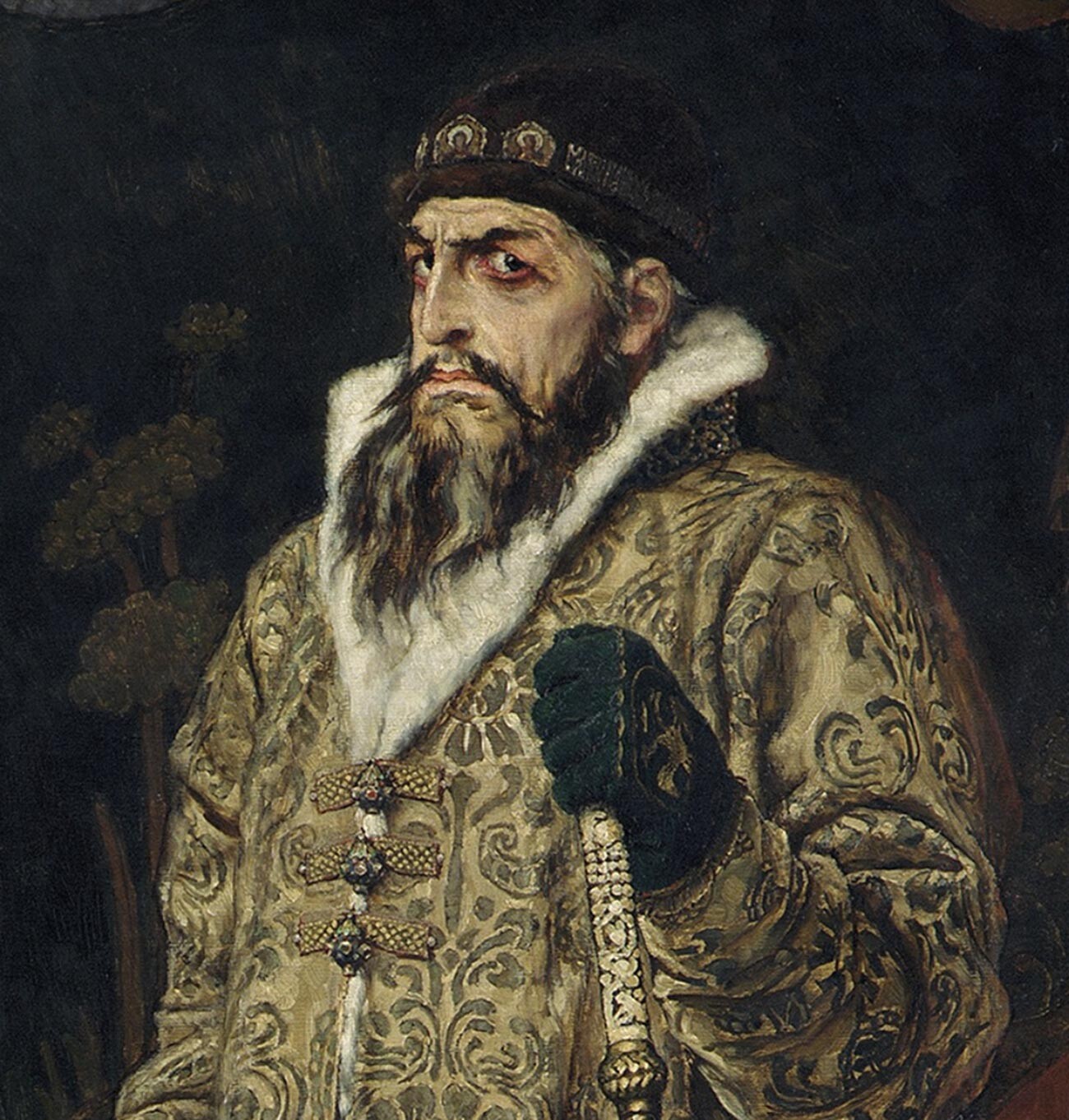
The first tsar of Moscow, the creator of the Russian state system.
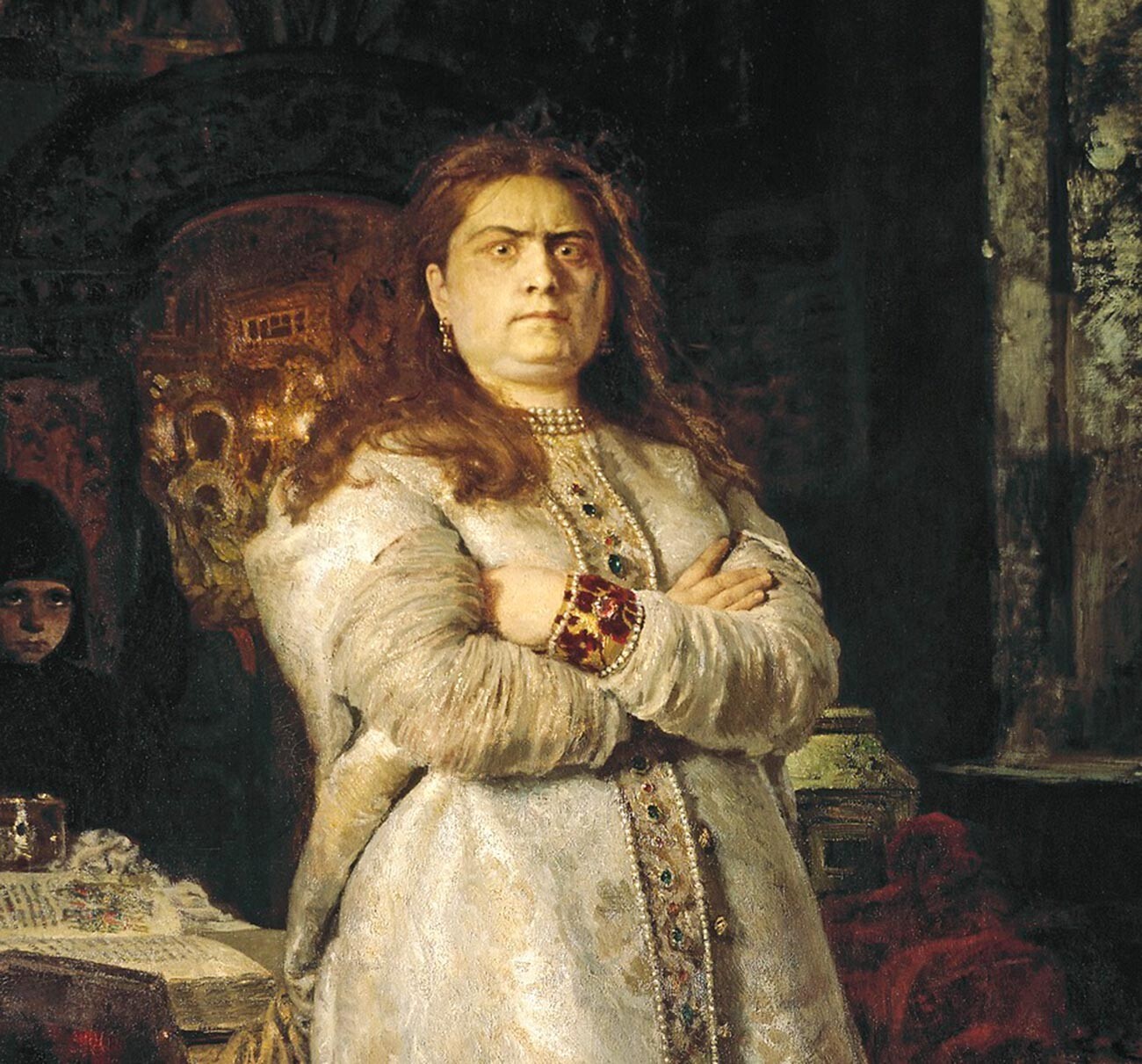
The first woman to effectively rule Russia.
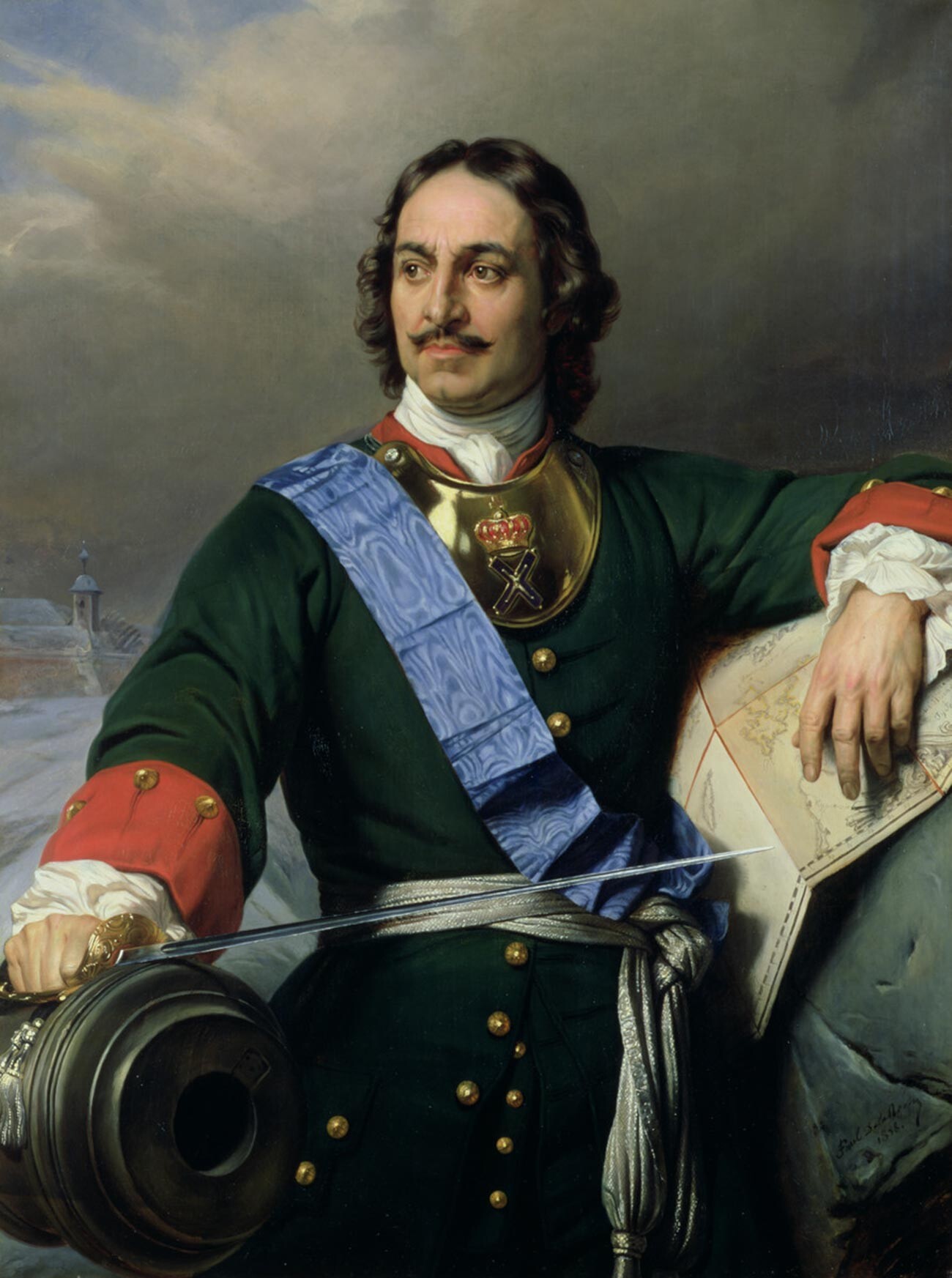
The first Russian emperor (1721) and the tsar who established great trade and political ties with Europe, Peter the Great is widely considered to be the greatest Russian ruler of all time.
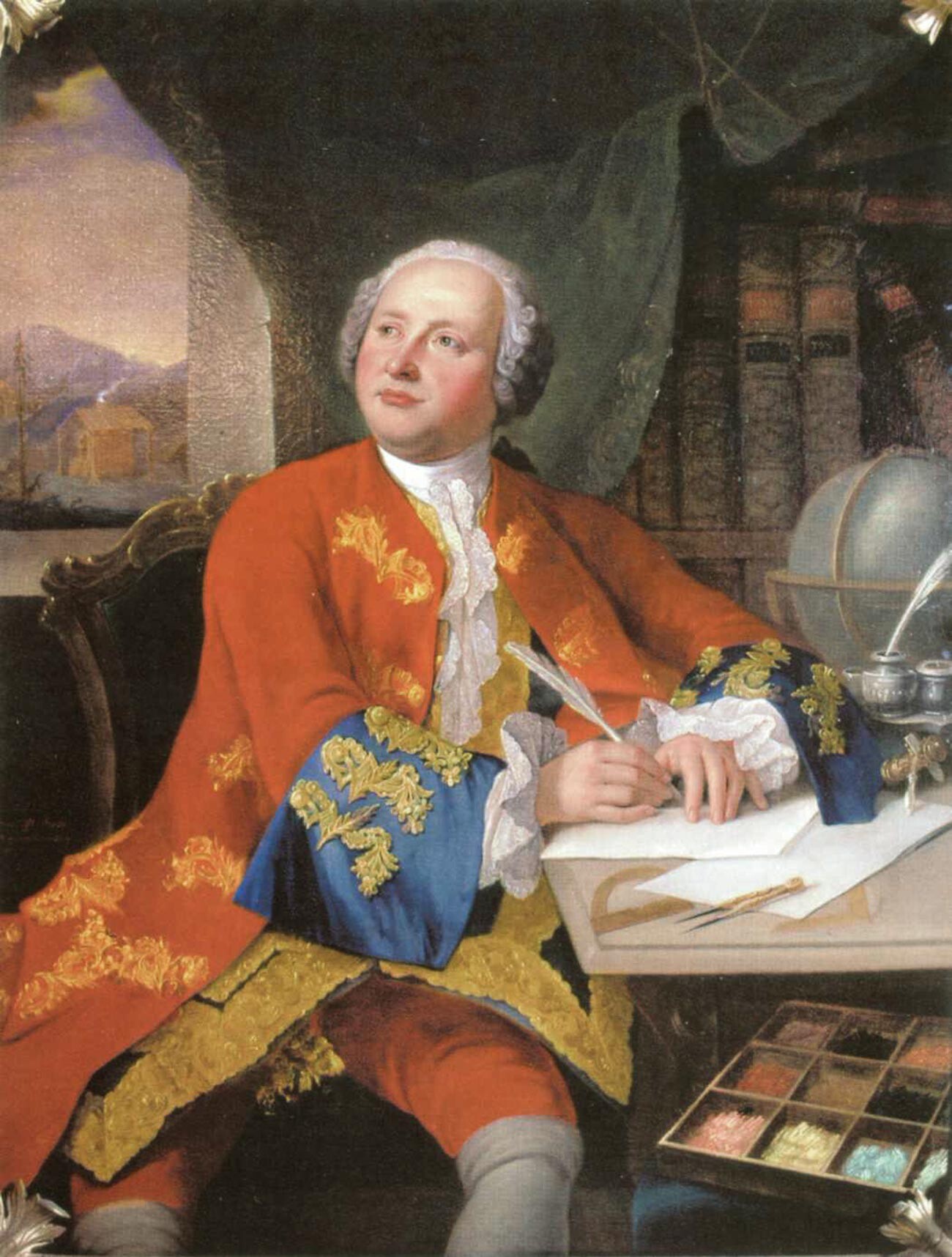
The famous Russian polymath, poet and writer, considered the most famous Russian scientist of the 18th century.
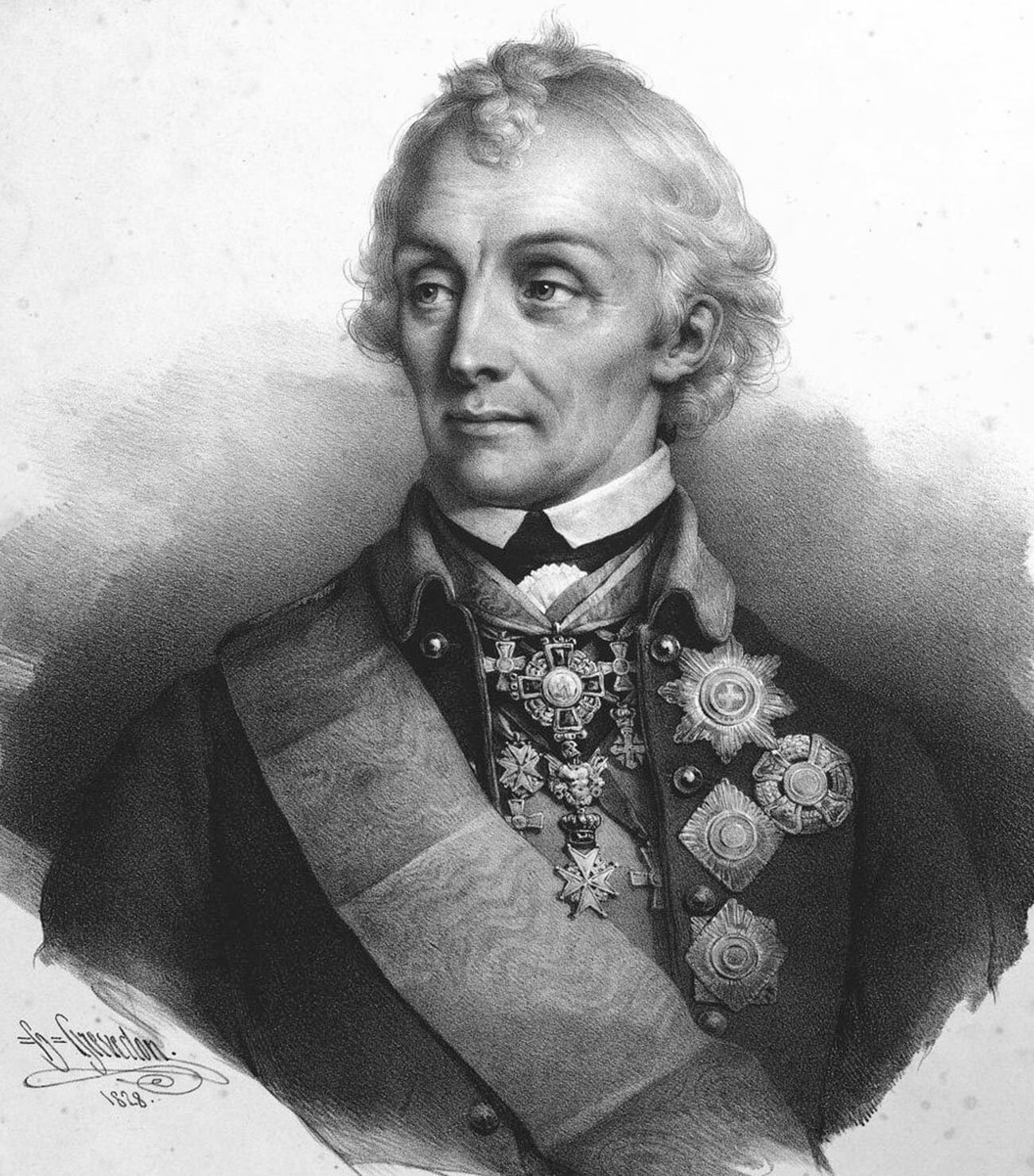
The legendary Russian war commander and Field Marshal who didn’t lose a single battle in his life.
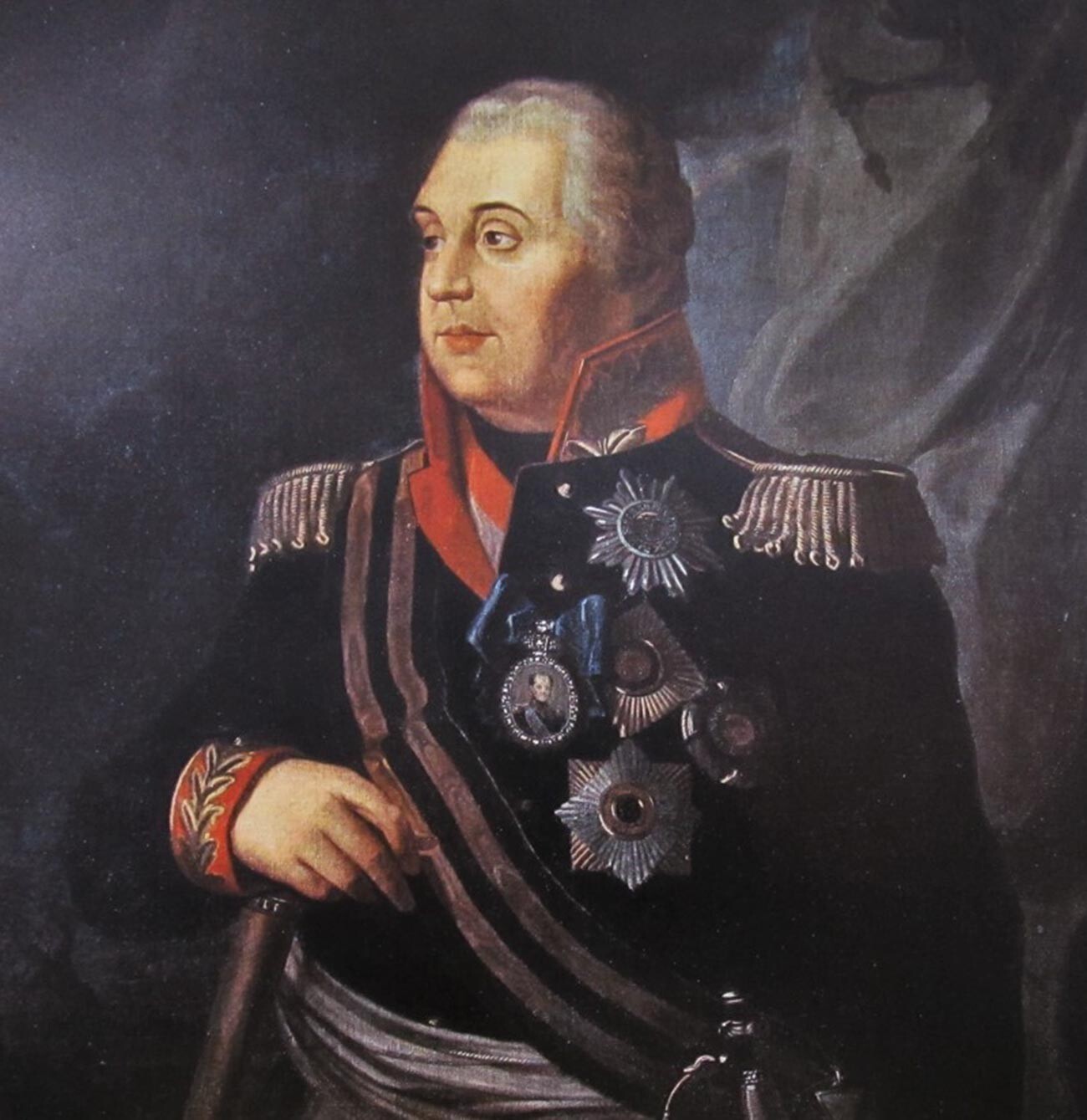
The Commander in Chief of the Russian Army during the Great Patriotic War of 1812 and who led the victory over Napoleon.
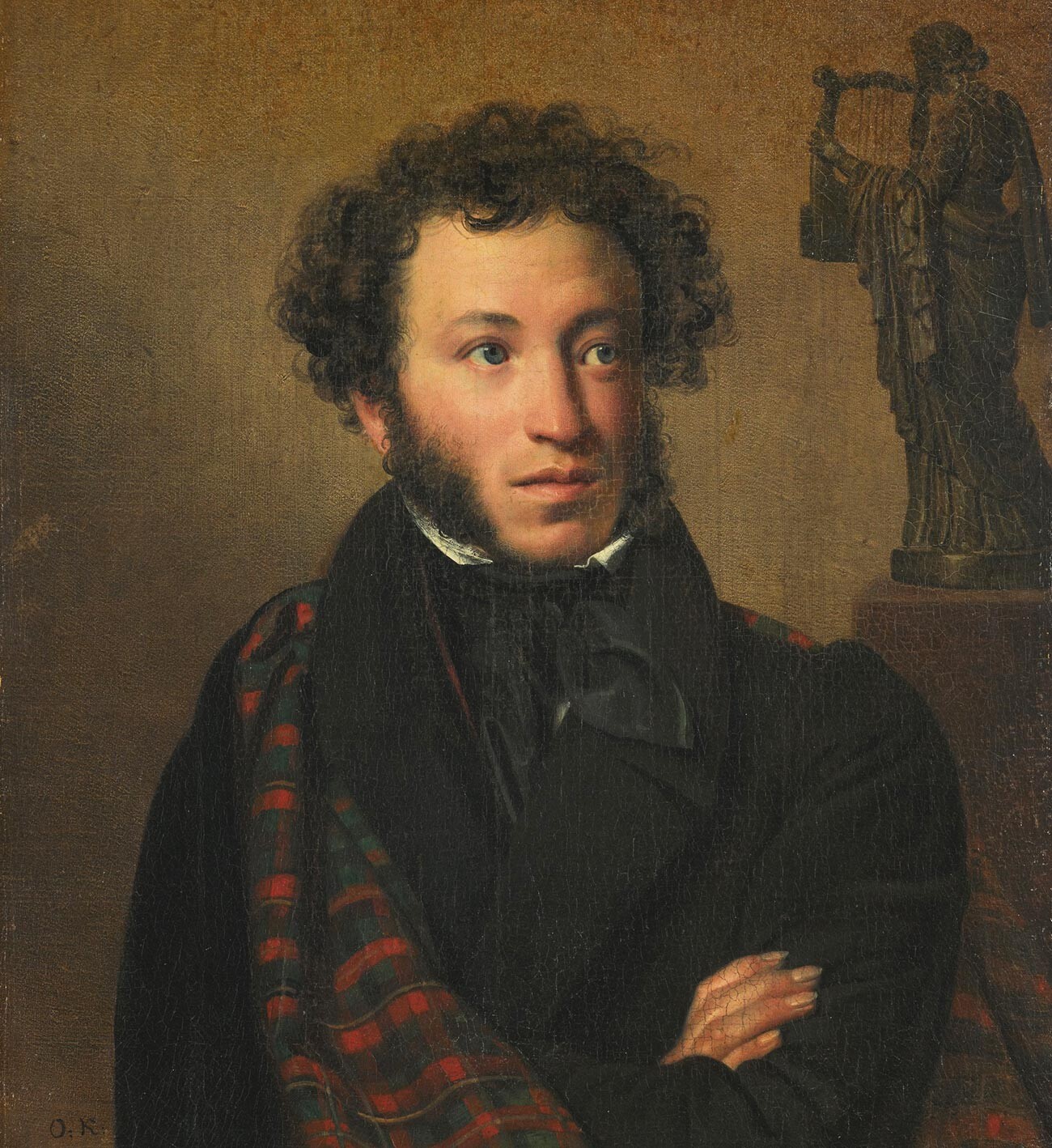
The greatest Russian poet, one of the founders of the contemporary Russian language, the author of "Eugene Onegin."
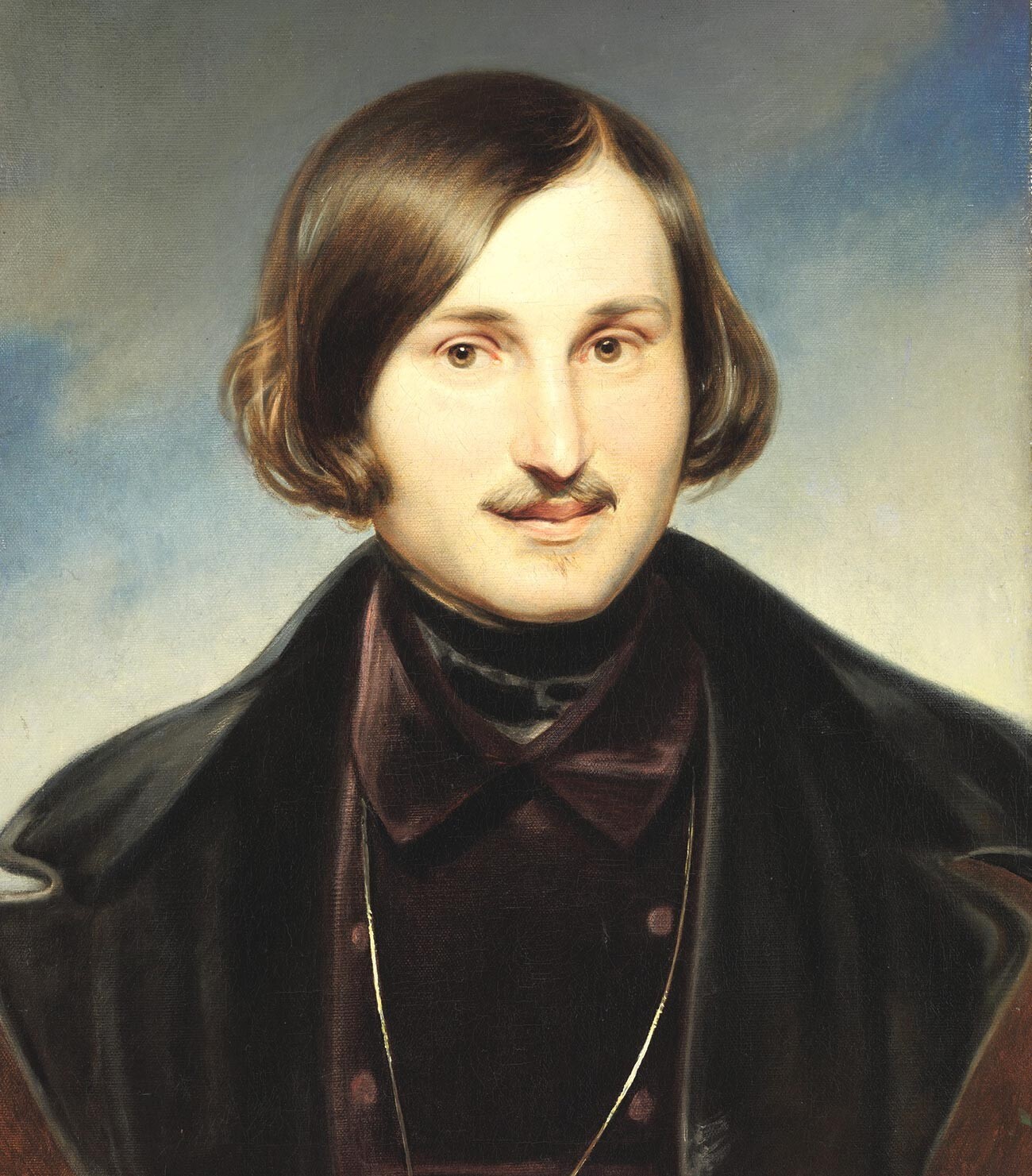
The greatest Russian satirist writer of Ukrainian origin (born Nikolay Yanovsky), author of the novel ‘Dead Souls’ (1842).
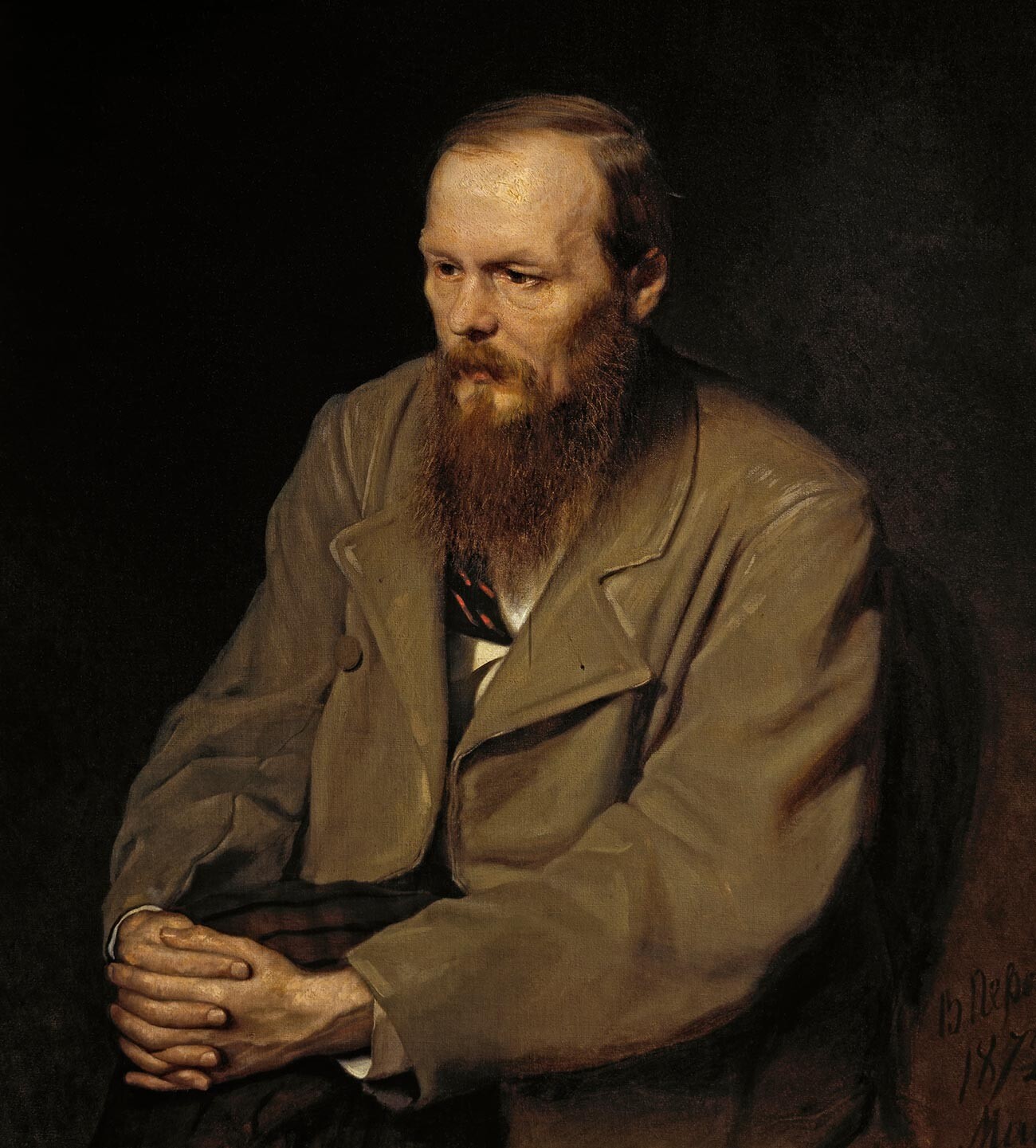
The great Russian writer, author of ‘Crime and Punishment’ (1866), ‘The Idiot’ (1869) and ‘The Brothers Karamazov’ (1880).
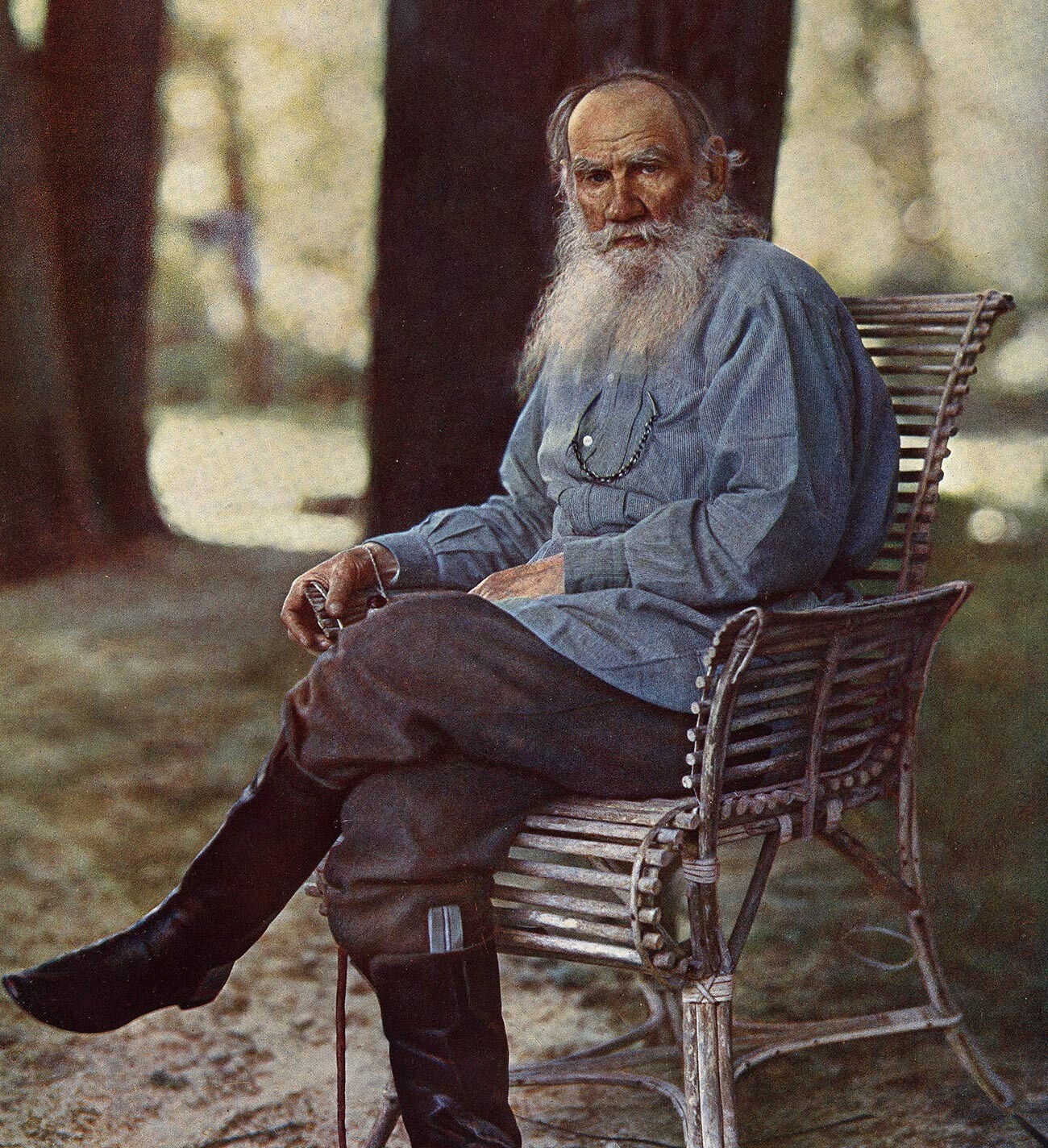
The great Russian writer, author of ‘War and Peace’ (1869).
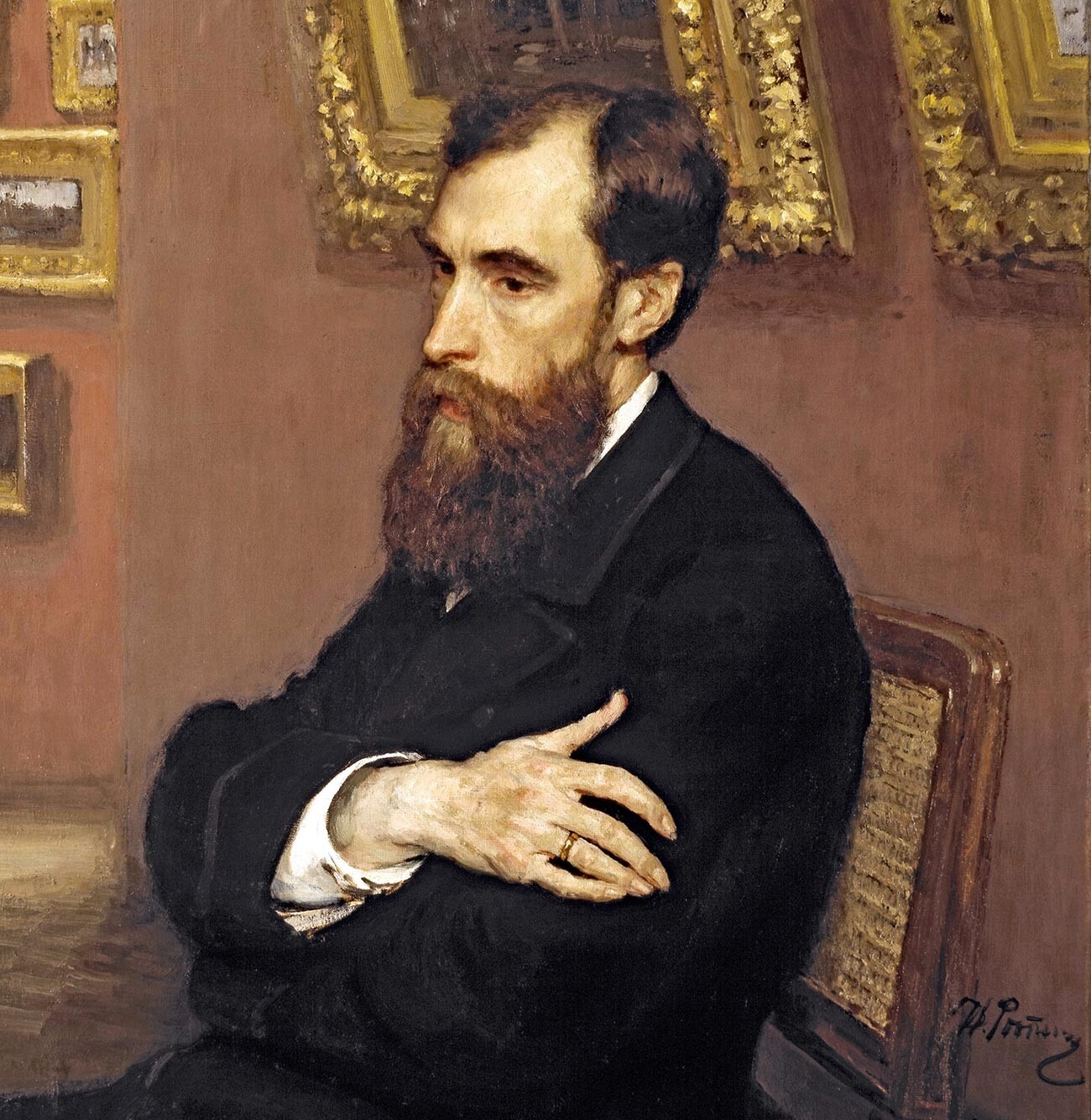
The famous businessman, patron of arts and founder of the Tretyakov Gallery.
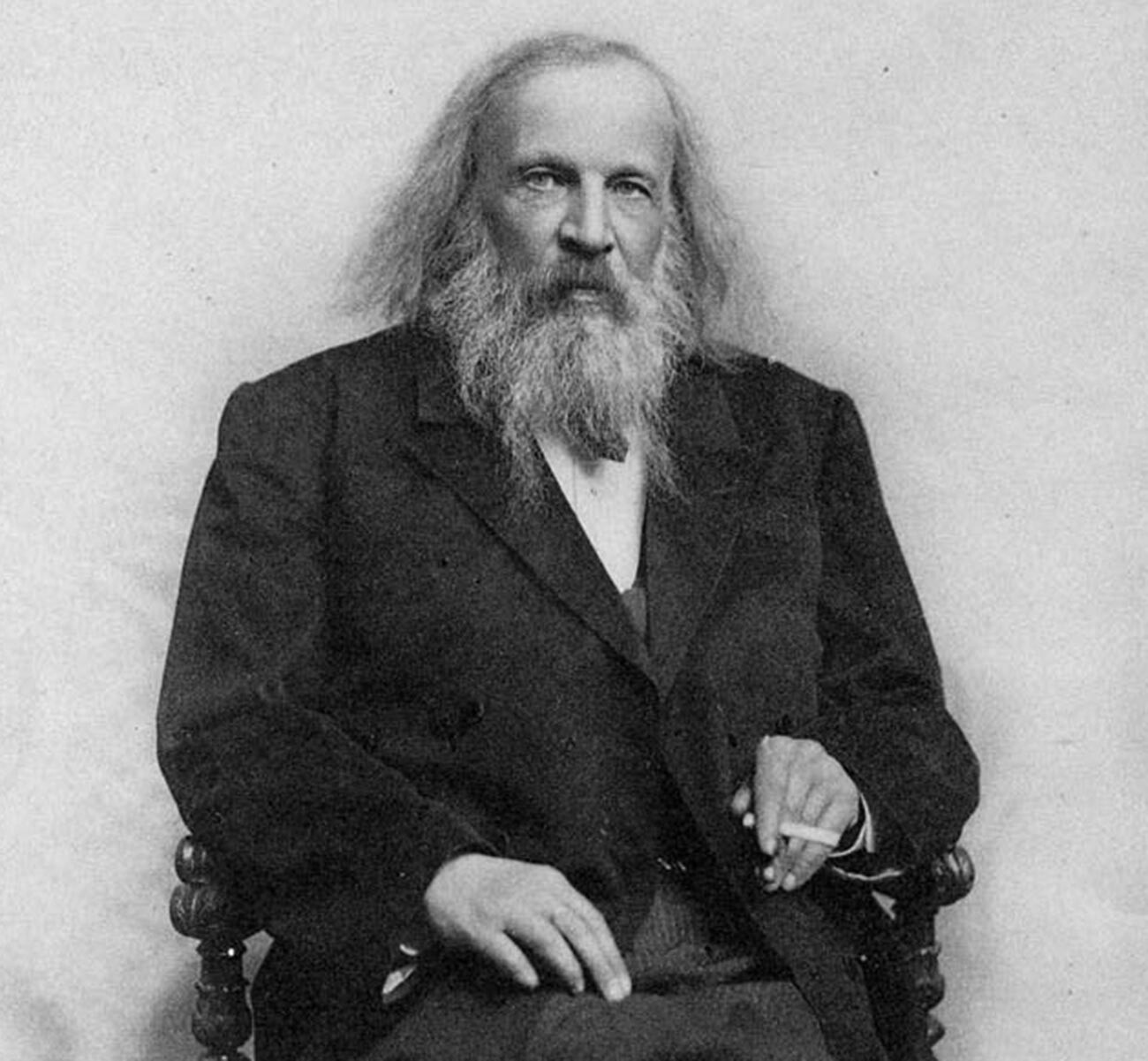
The Russian chemist and inventor, creator of the Periodic Law.
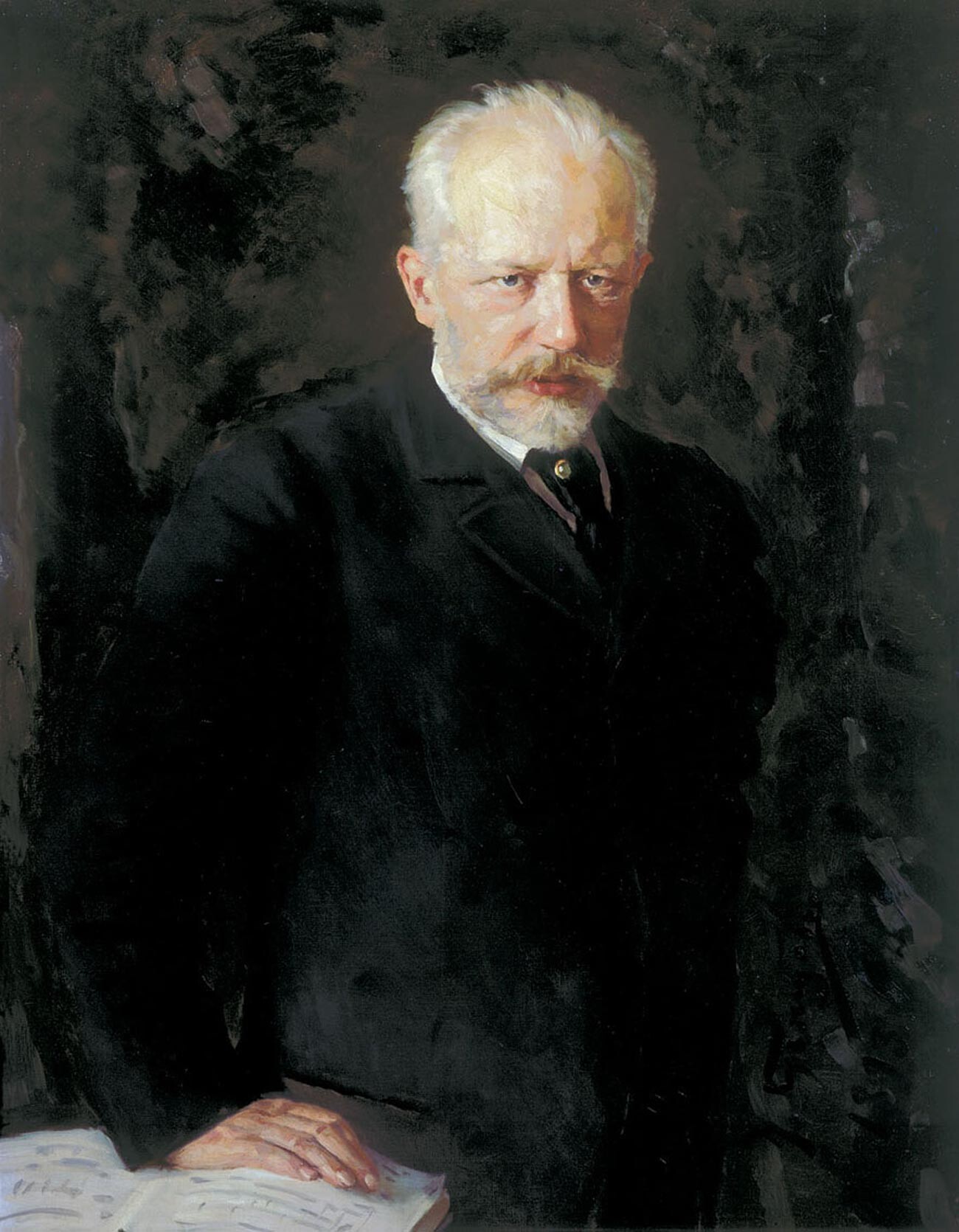
The famous Russian composer, author of the ballets ‘Swan Lake’ and ‘The Nutcracker’.
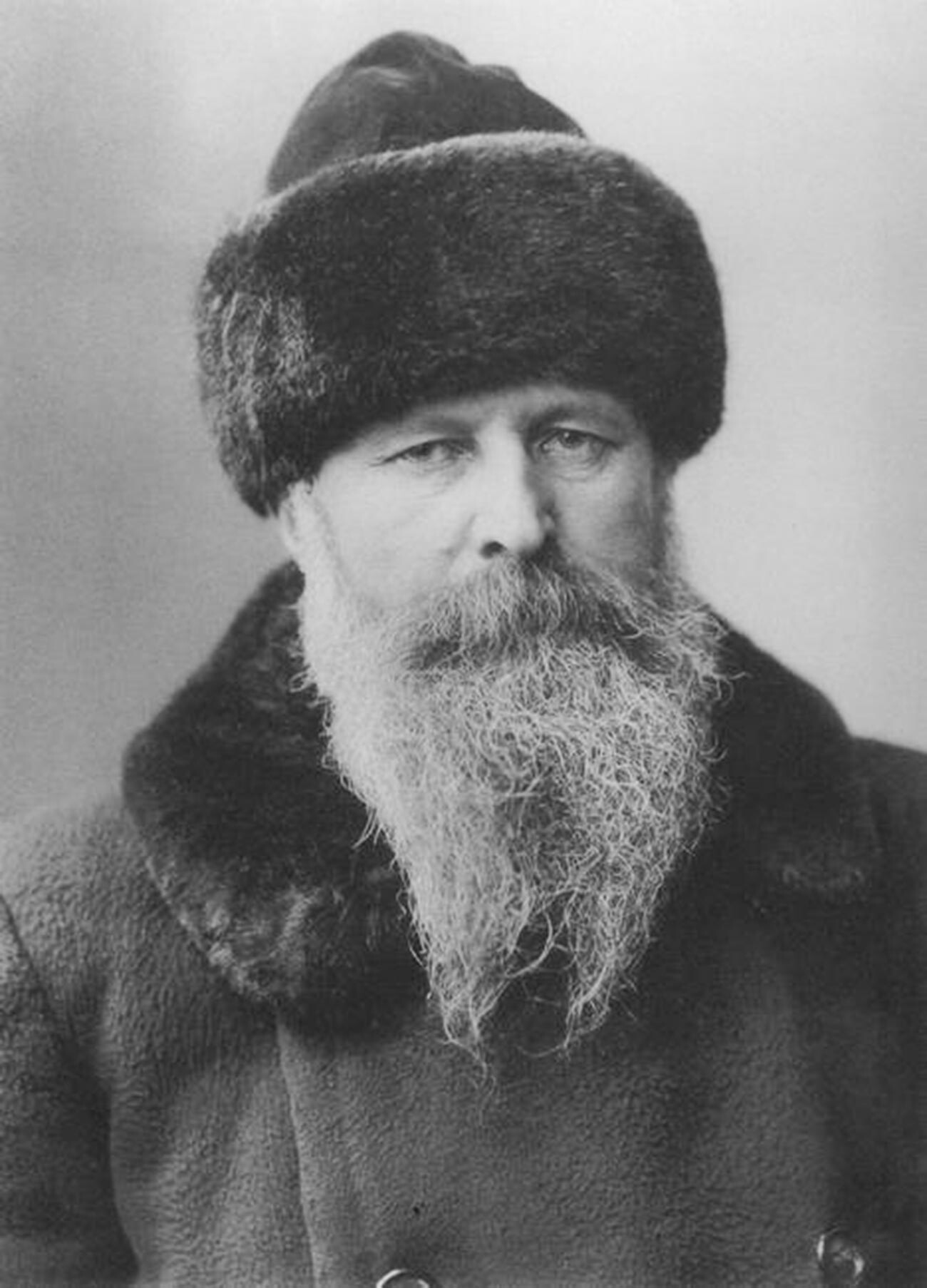
The Russian realist artist, author of ‘The Apotheosis of War’ (1871).
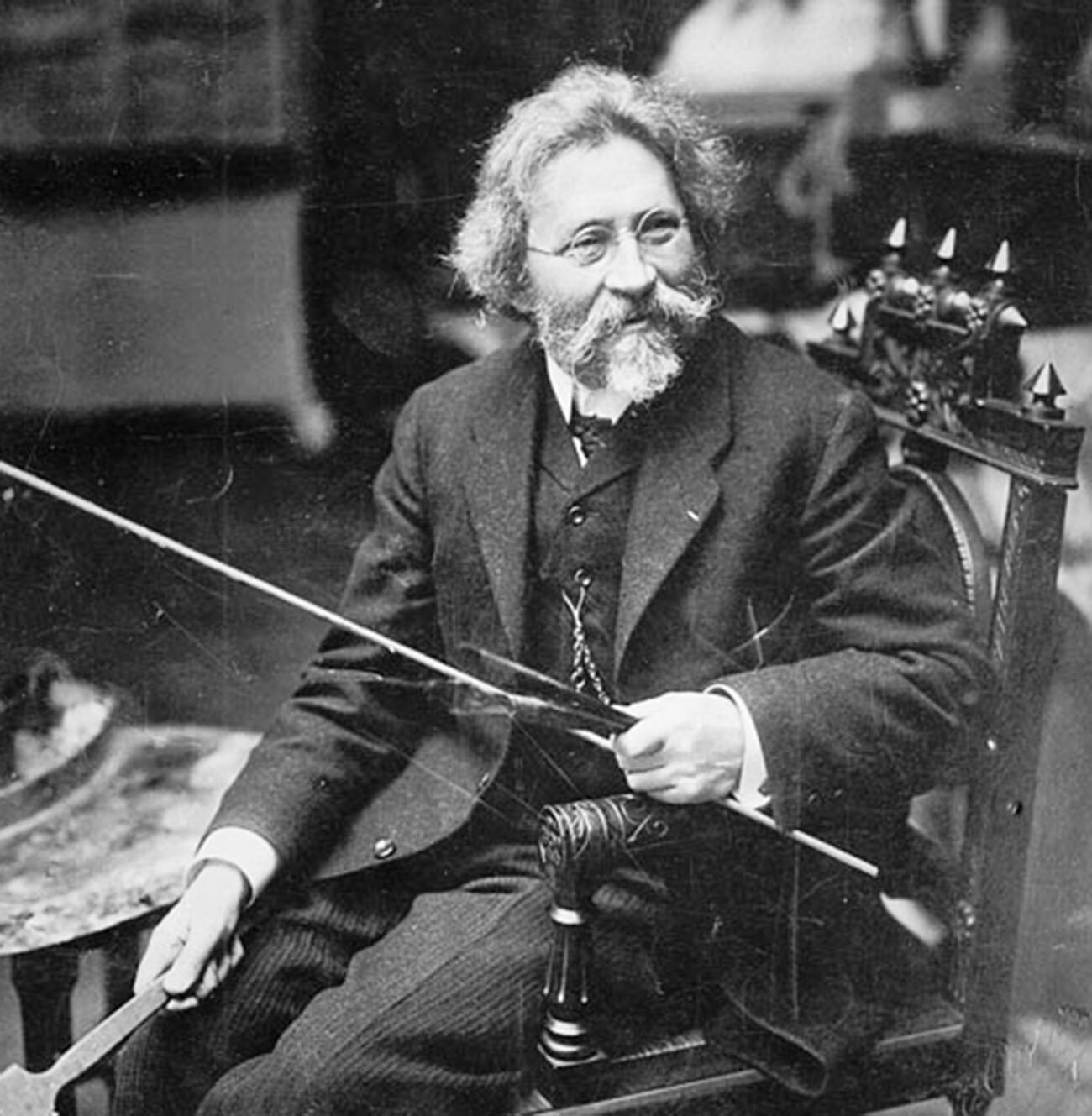
Great Russian artist, author of ‘Ivan the Terrible and his Son Ivan’ (1883-1885) and ‘The Barge Haulers on the Volga’ (1870-1873).
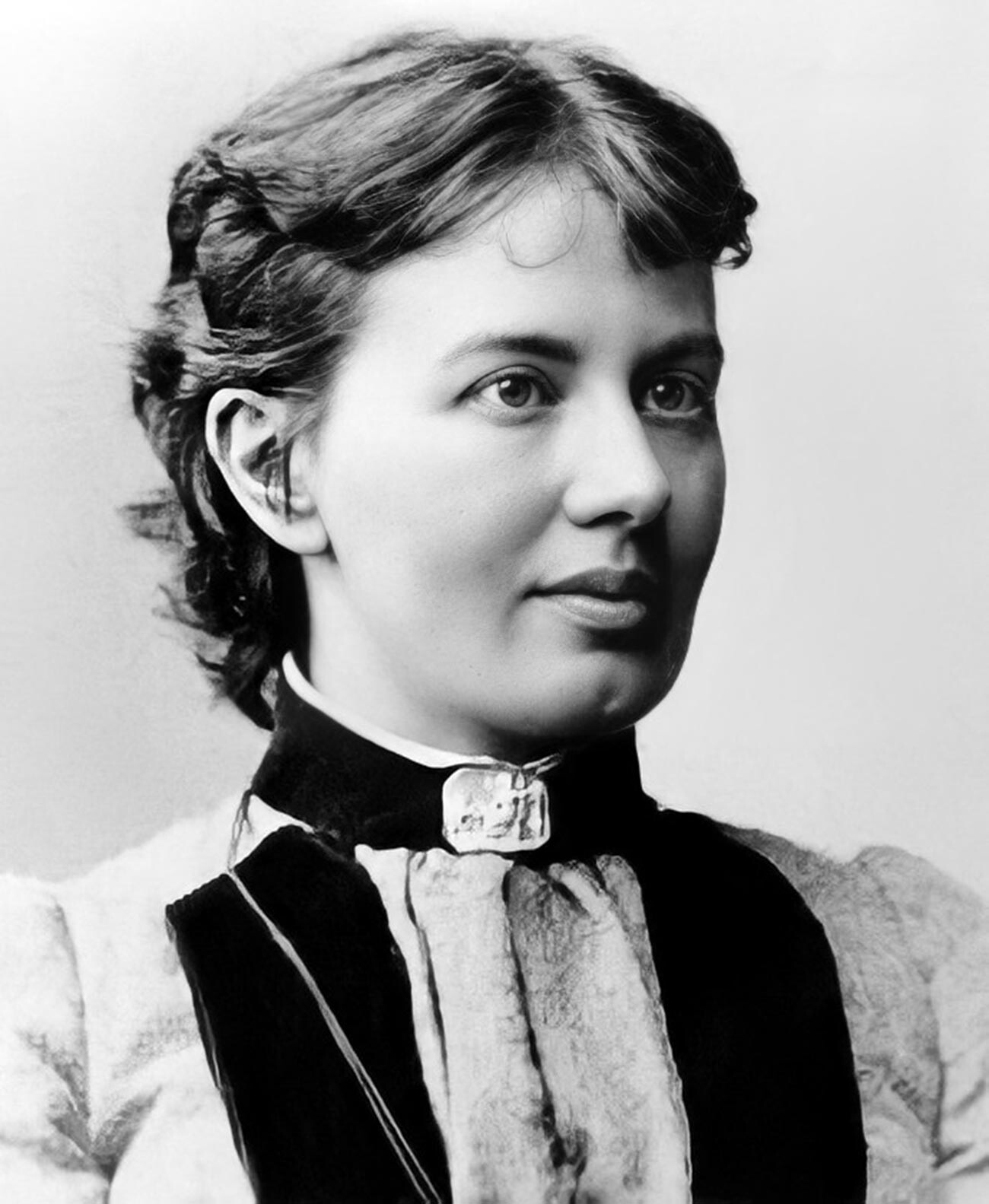
The first female mathematics professor in the world.
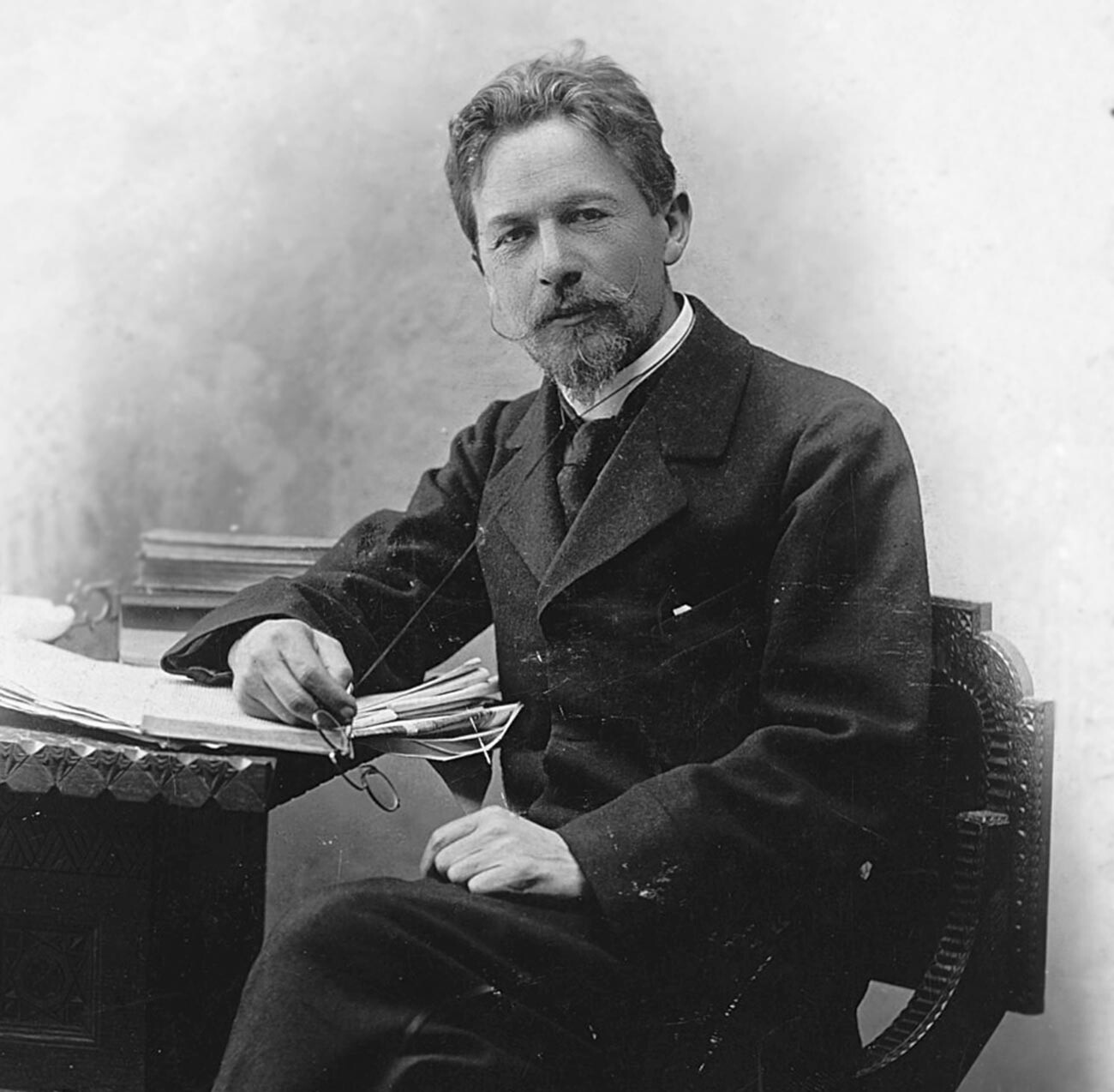
The famous Russian playwright and writer, author of ‘The Cherry Orchard’ (1904).
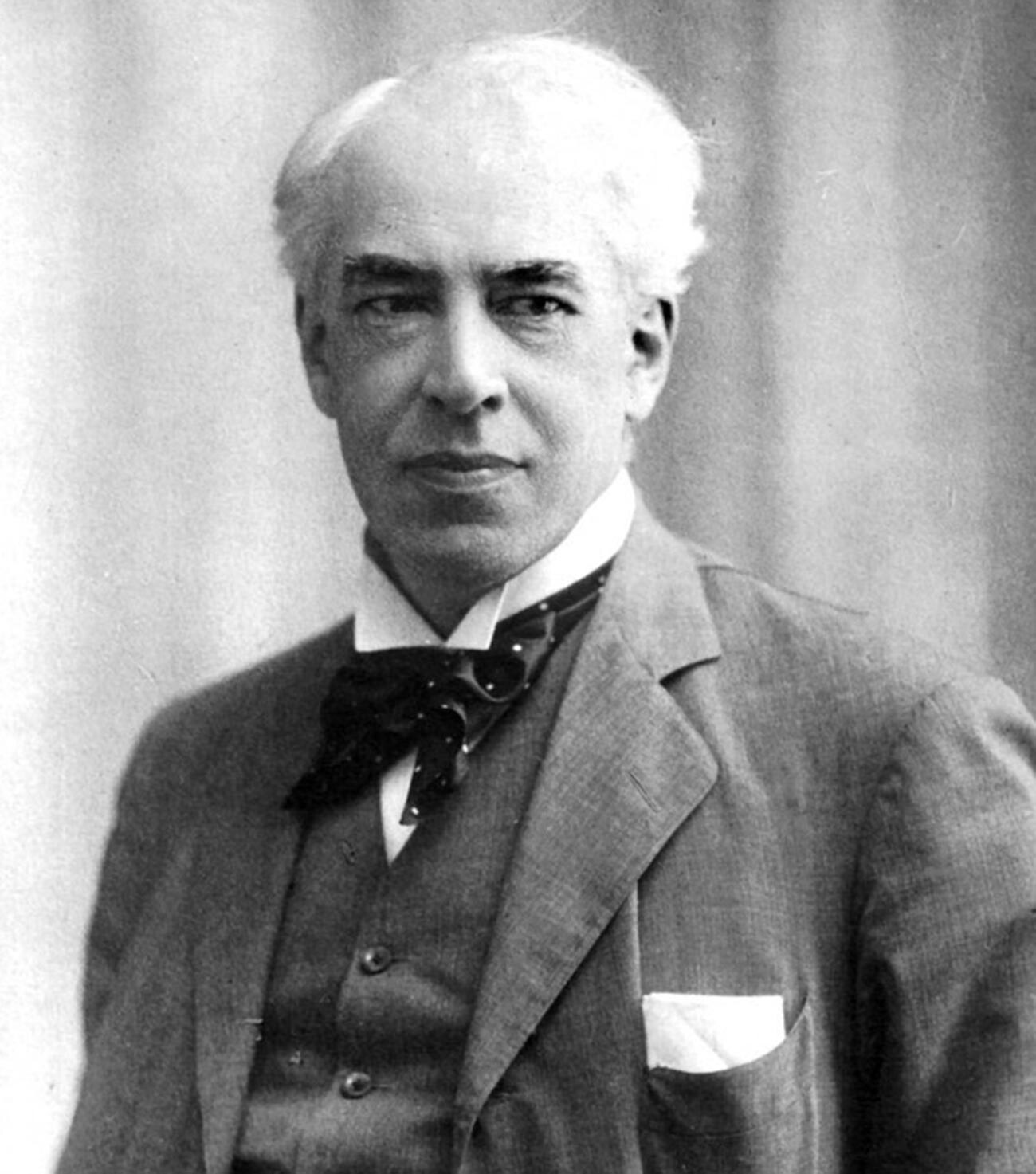
The Russian character actor and theater practitioner (born Konstantin Alekseev), author of the Stanislavski system of acting.
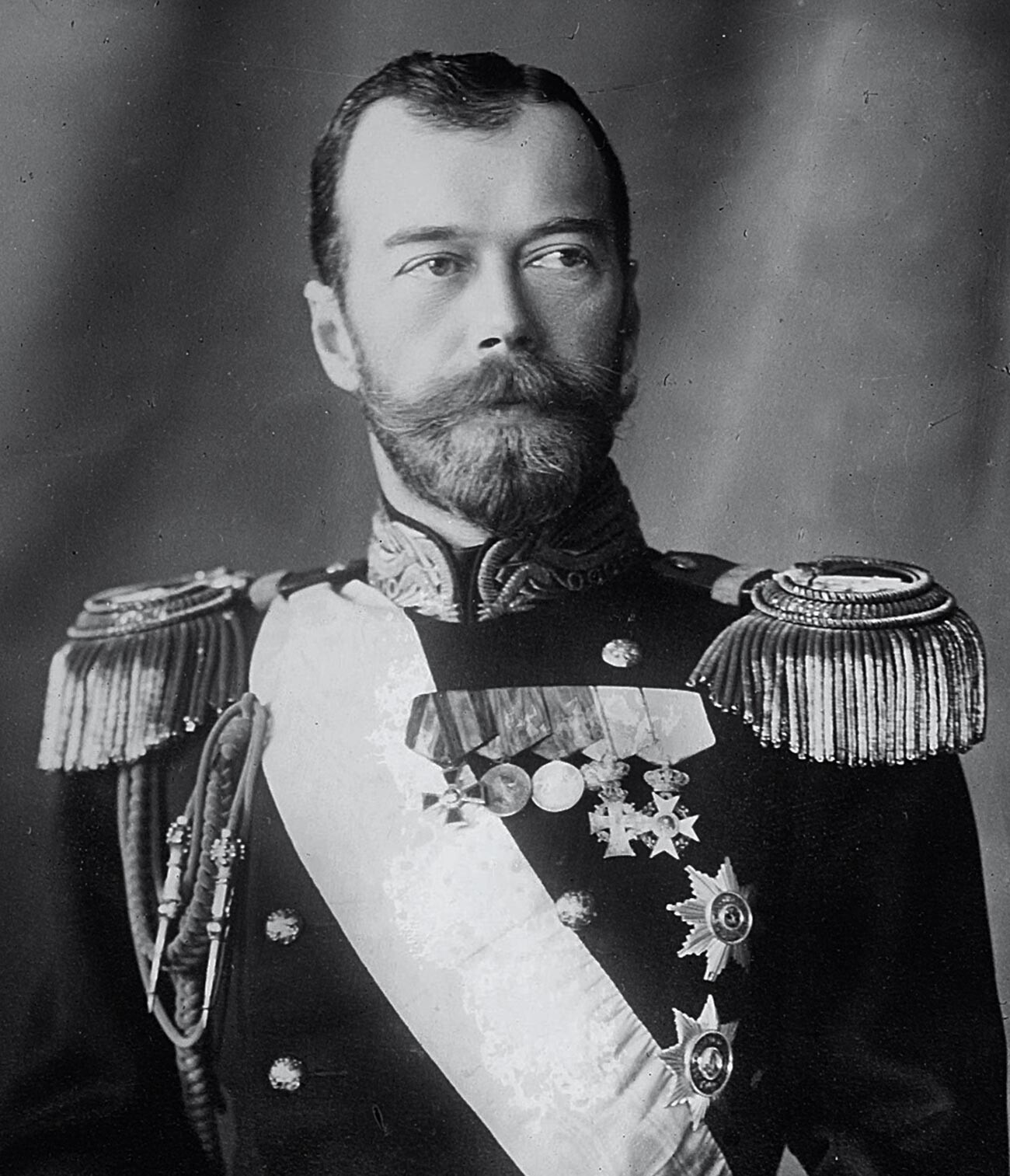
The last Russian Emperor, brutally murdered by the Bolsheviks in 1918, along with his family and servants.
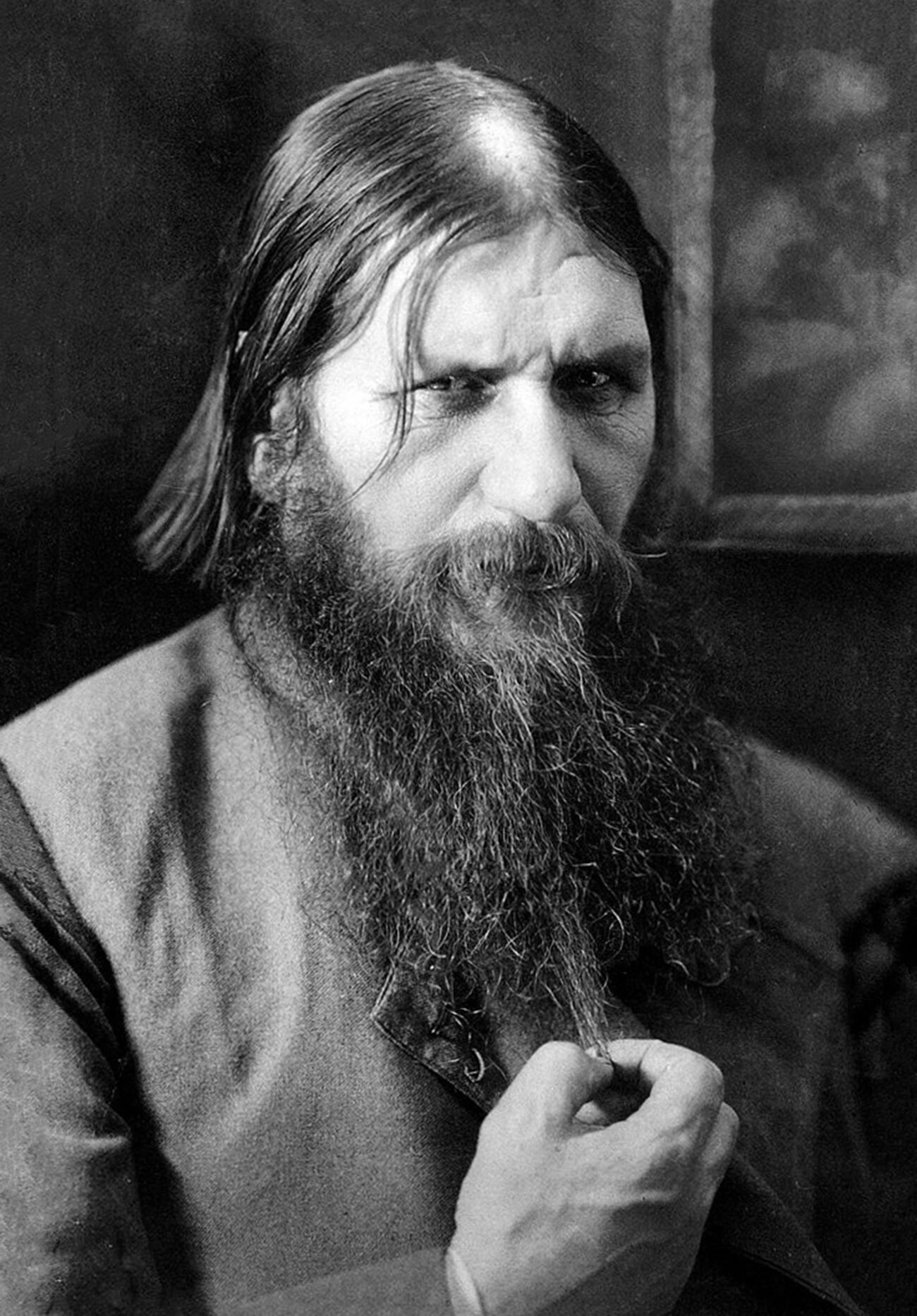
The infamous “mad monk”, who was the healer of Tsarevich Alexey, Nicholas II’s son. In fact, he wasn't mad or evil – Rasputin’s real image was distorted by decades of anti-tsarist propaganda.
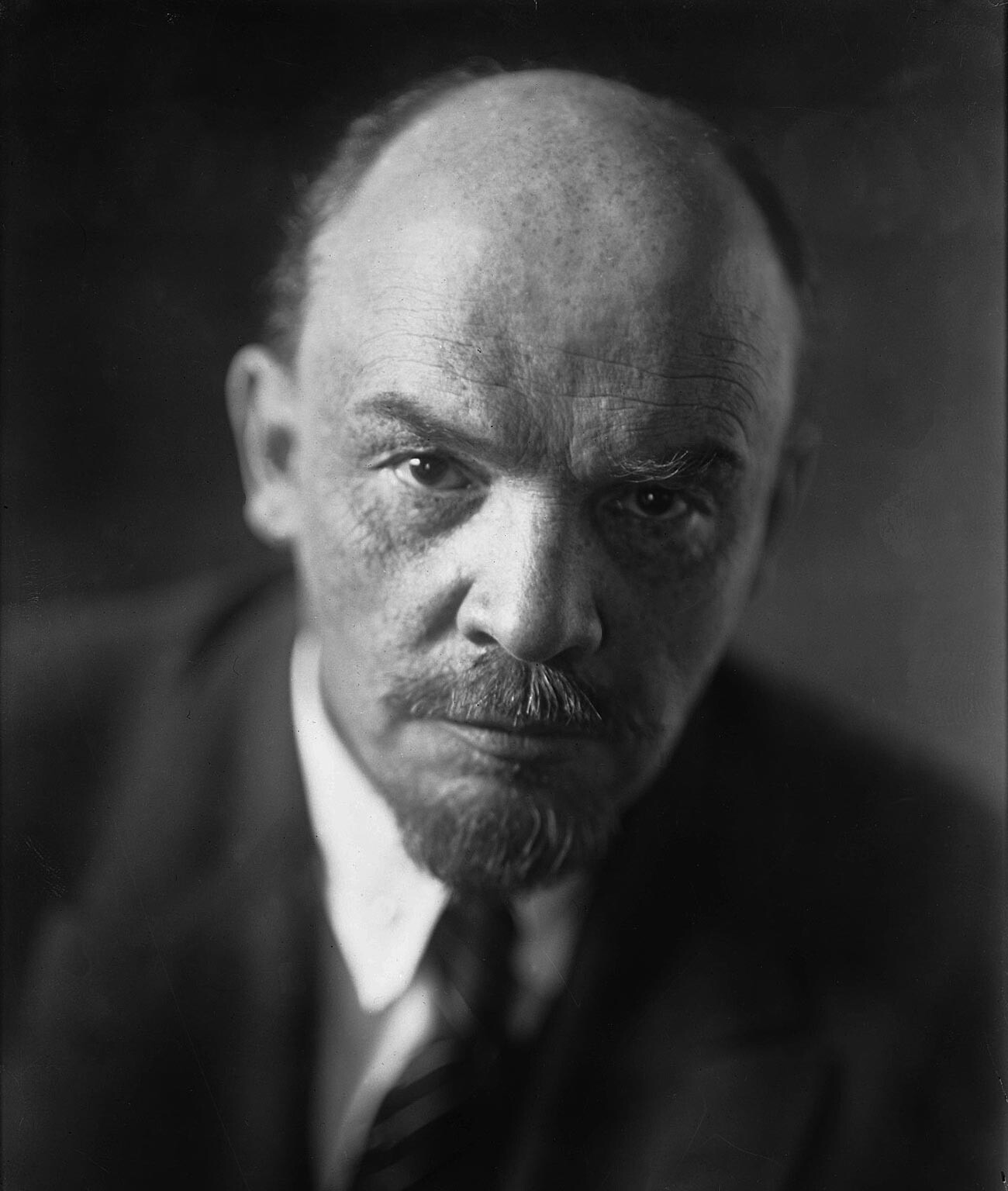
The leader of the Bolshevik revolution and founder of the USSR.
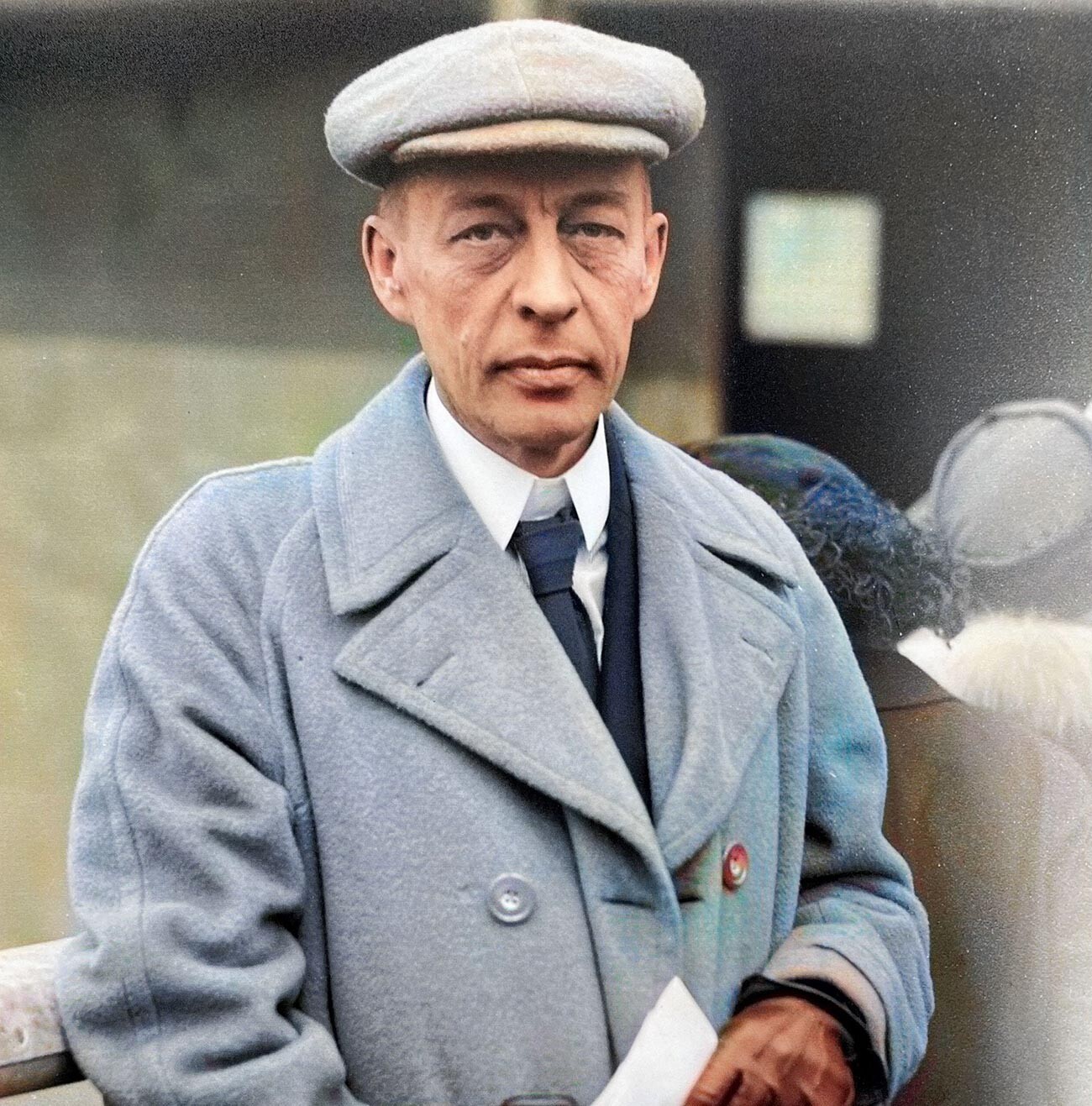
The great Russian pianist and composer, widely considered as one of the most influential Russian musicians.
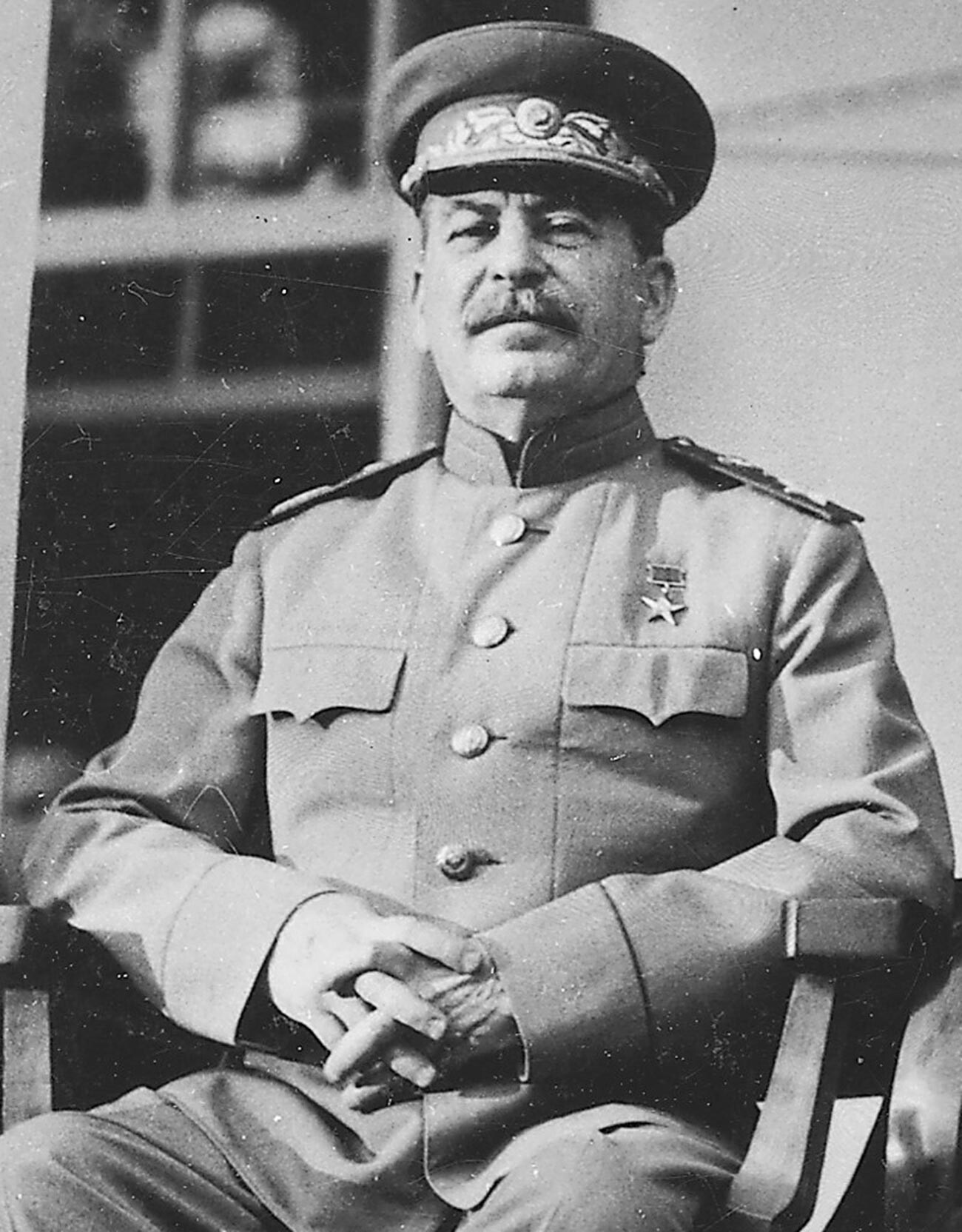
The successor of Lenin as the leader of the USSR, Joseph Stalin was also infamous for his repressions, creation of the GULAG and harsh internal politics. During his time, the USSR won World War II against the Nazi Germany.
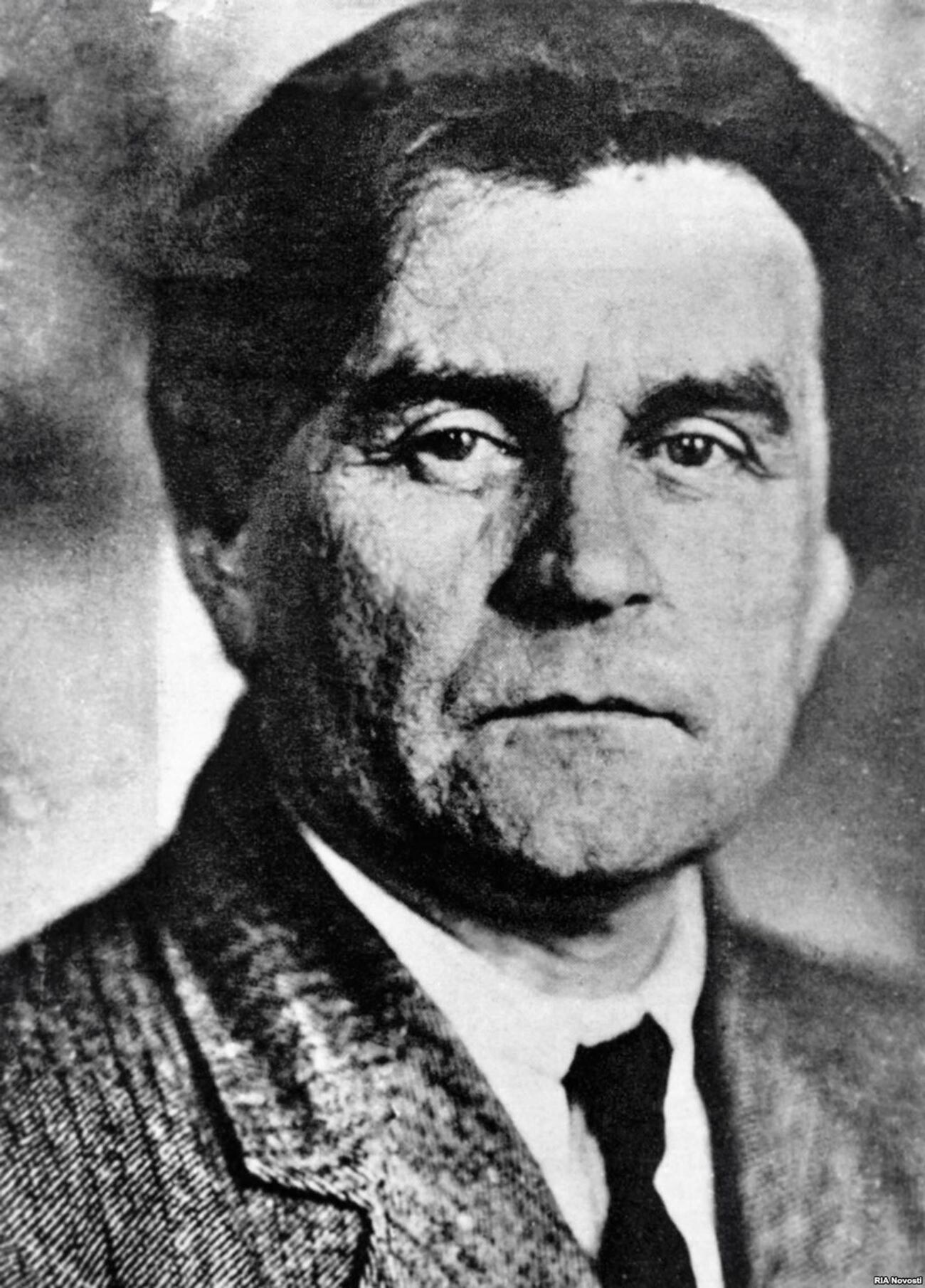
The iconic artist of the Russian avant-garde and the creator of ‘Black Supremacist Square’ (1915).
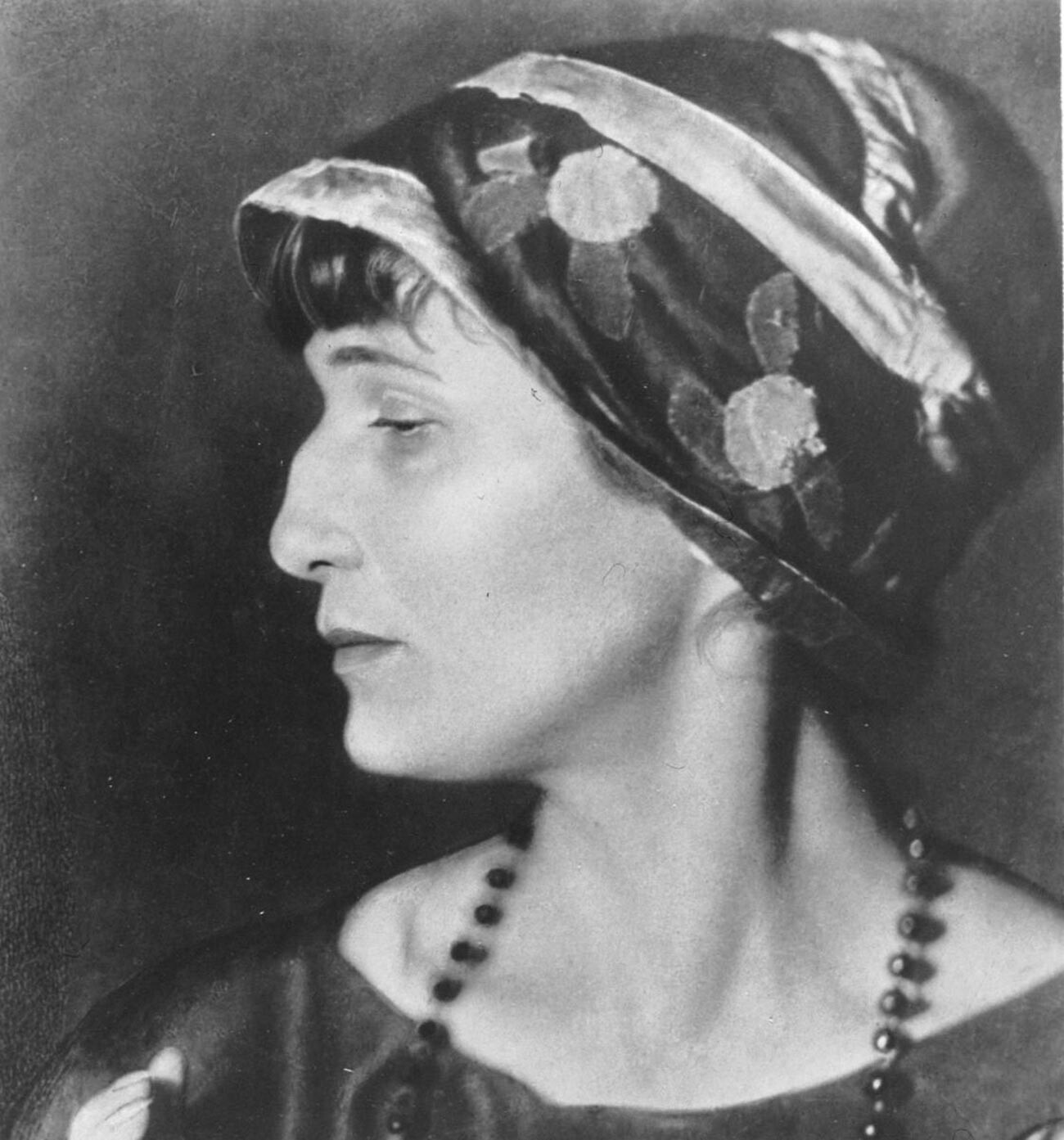
The great Russian poet, author of Requiem (1935-1940), a tragic masterpiece about the Stalinist terror.
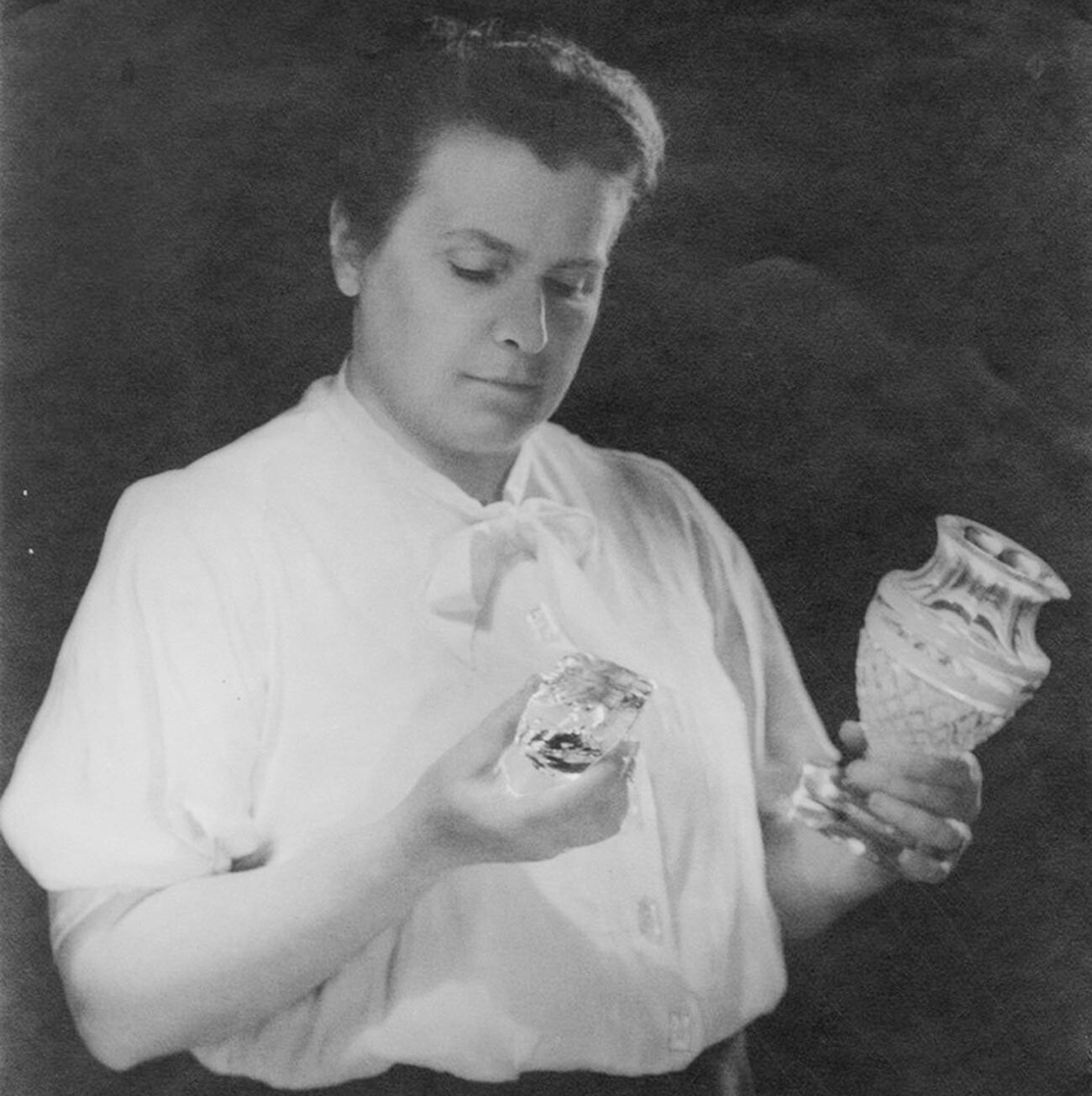
The prominent Soviet sculptor and the author of the famous ‘Worker and Kolkhoz Woman’ monument.
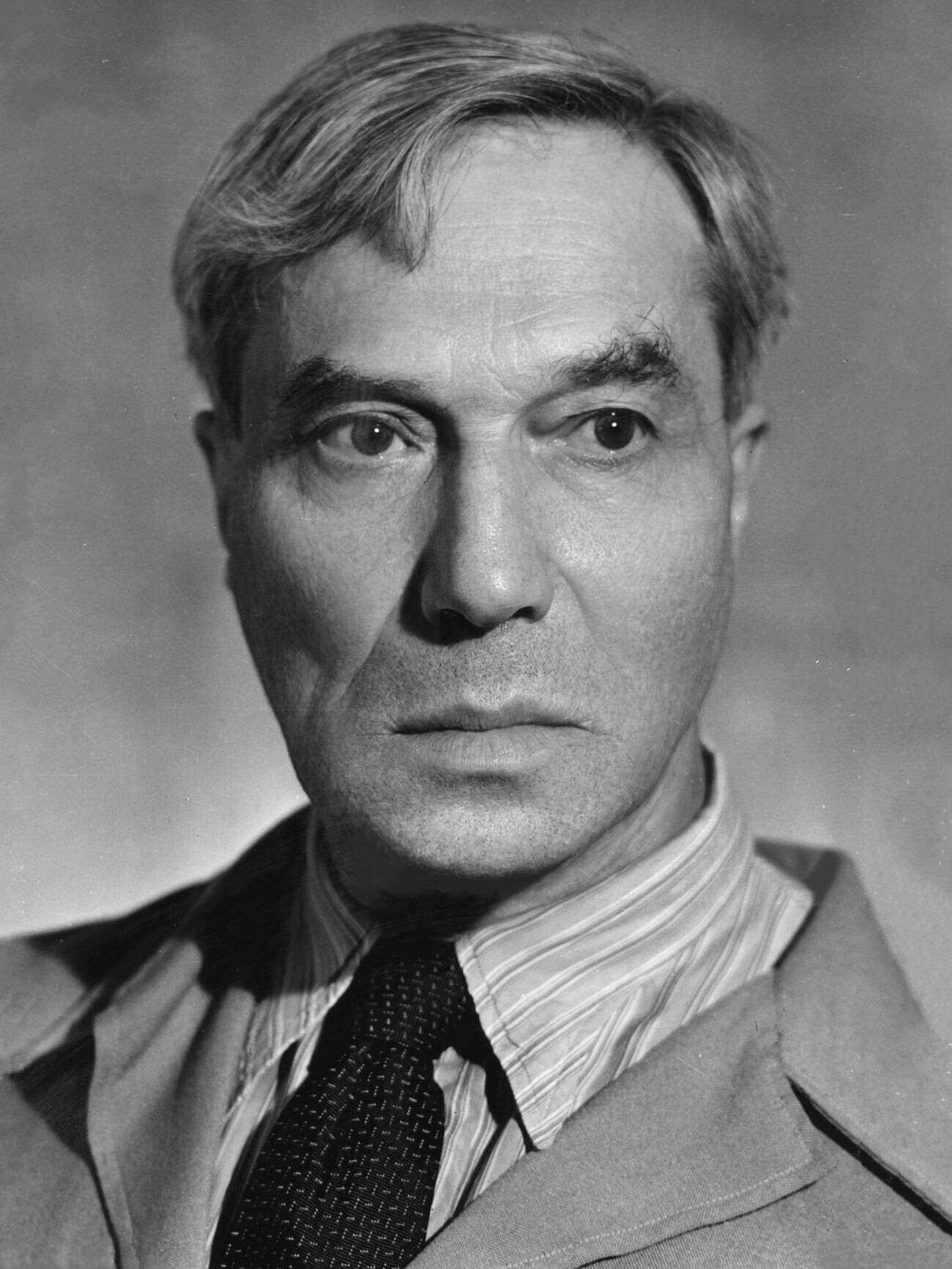
The famous Russian writer, poet and translator, winner of the Nobel Prize for Literature in 1958 and the author of the famous novel ‘Doctor Zhivago’ (1945-1955).
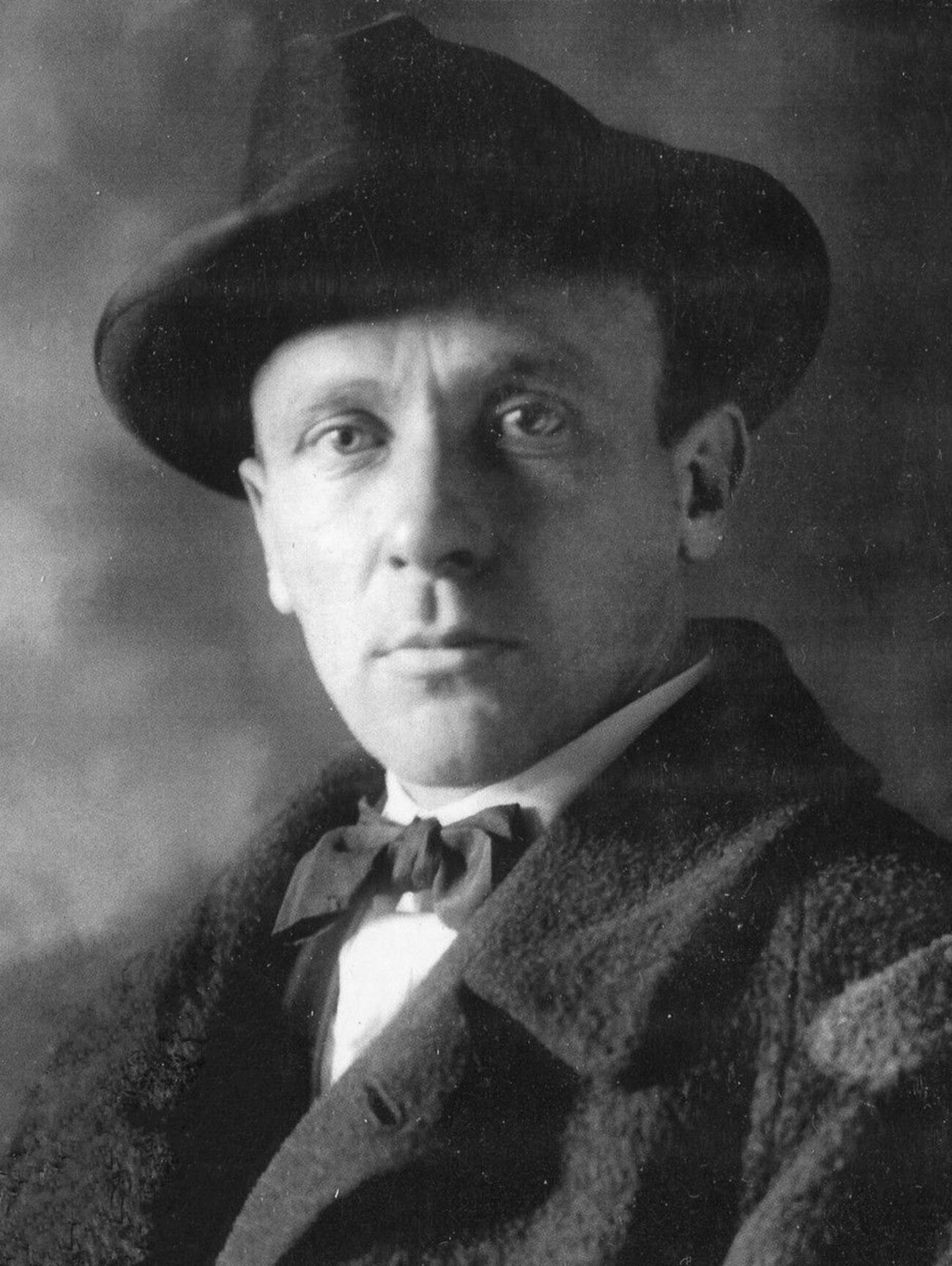
The Soviet writer, medical doctor and playwright, best known for his novel ‘The Master and Margarita’ (1928-1940).
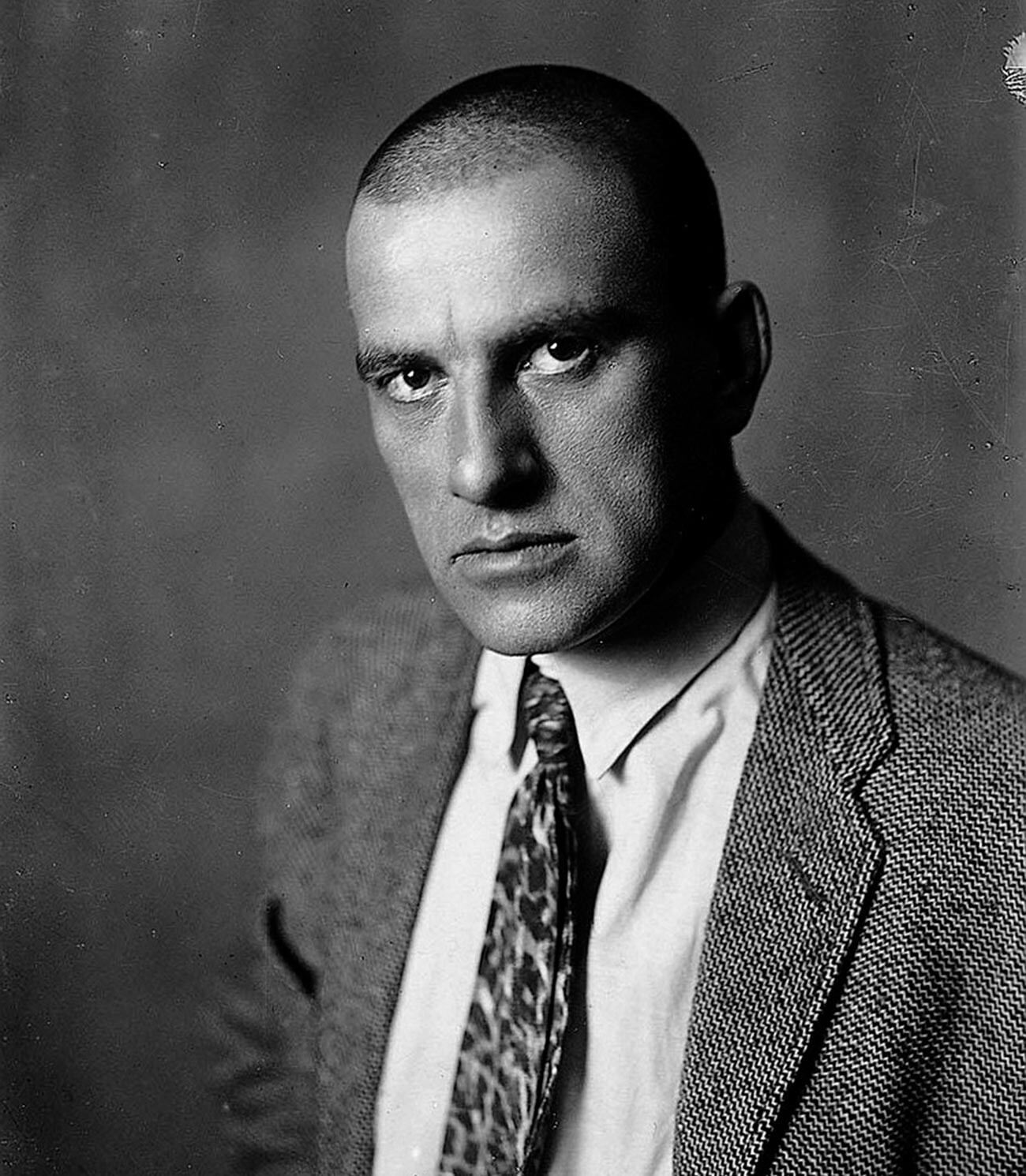
The Soviet poet and a prominent figure in the Russian Futurist movement.
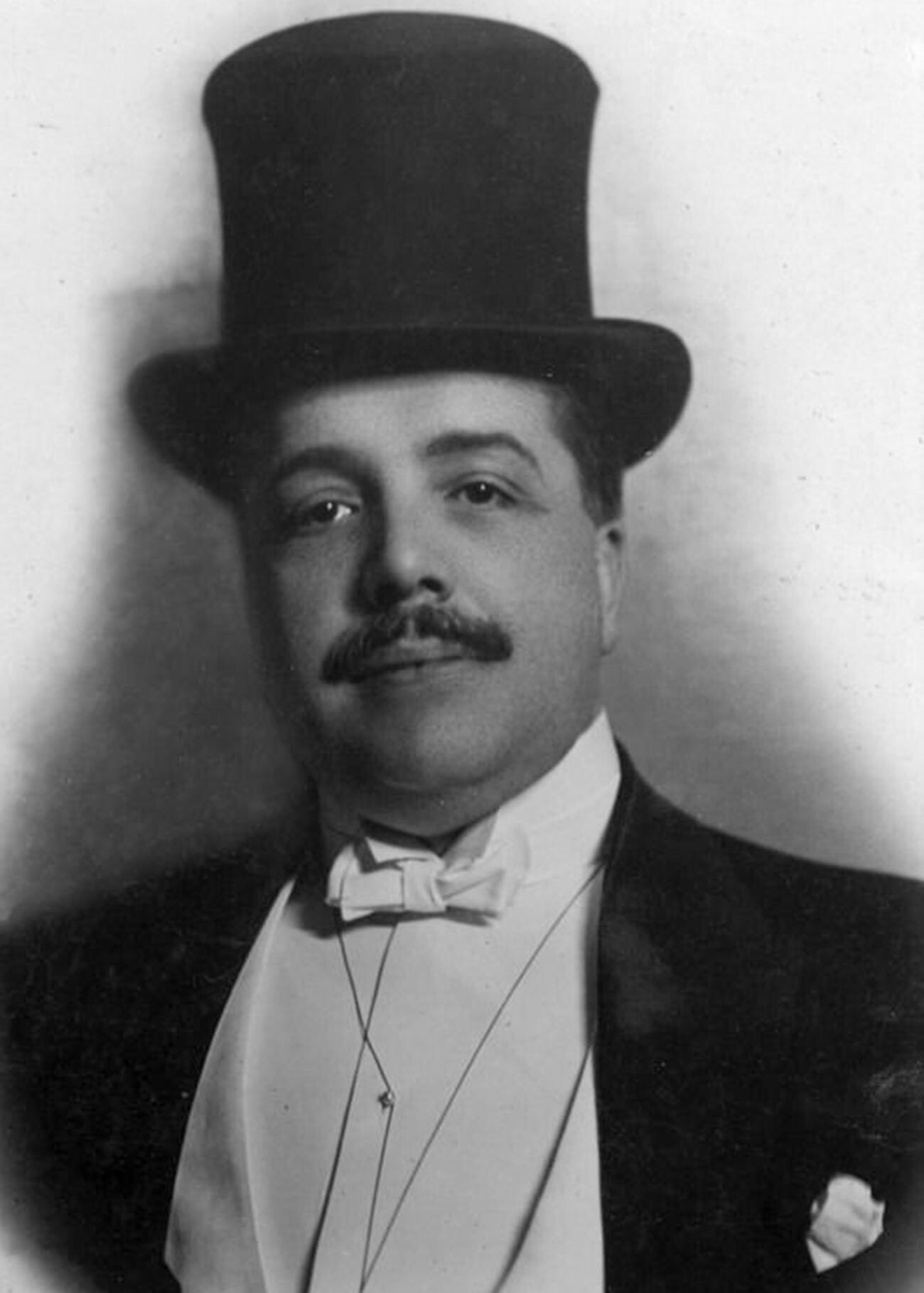
The founder of the famous Ballet Russes, which brought many Russian talents to Europe.
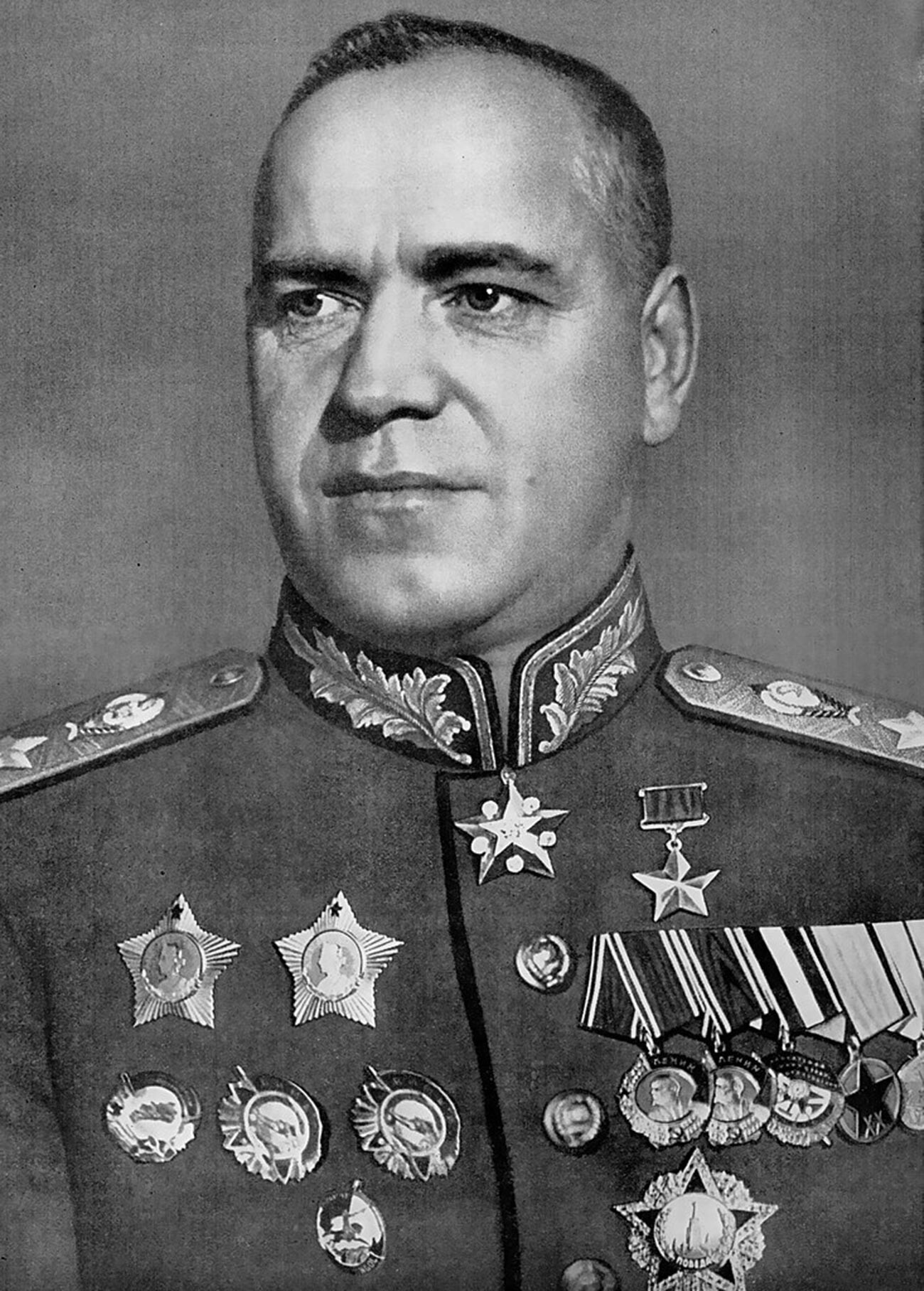
The Soviet Union’s greatest military marshal, who fought back the Nazis and captured Berlin.
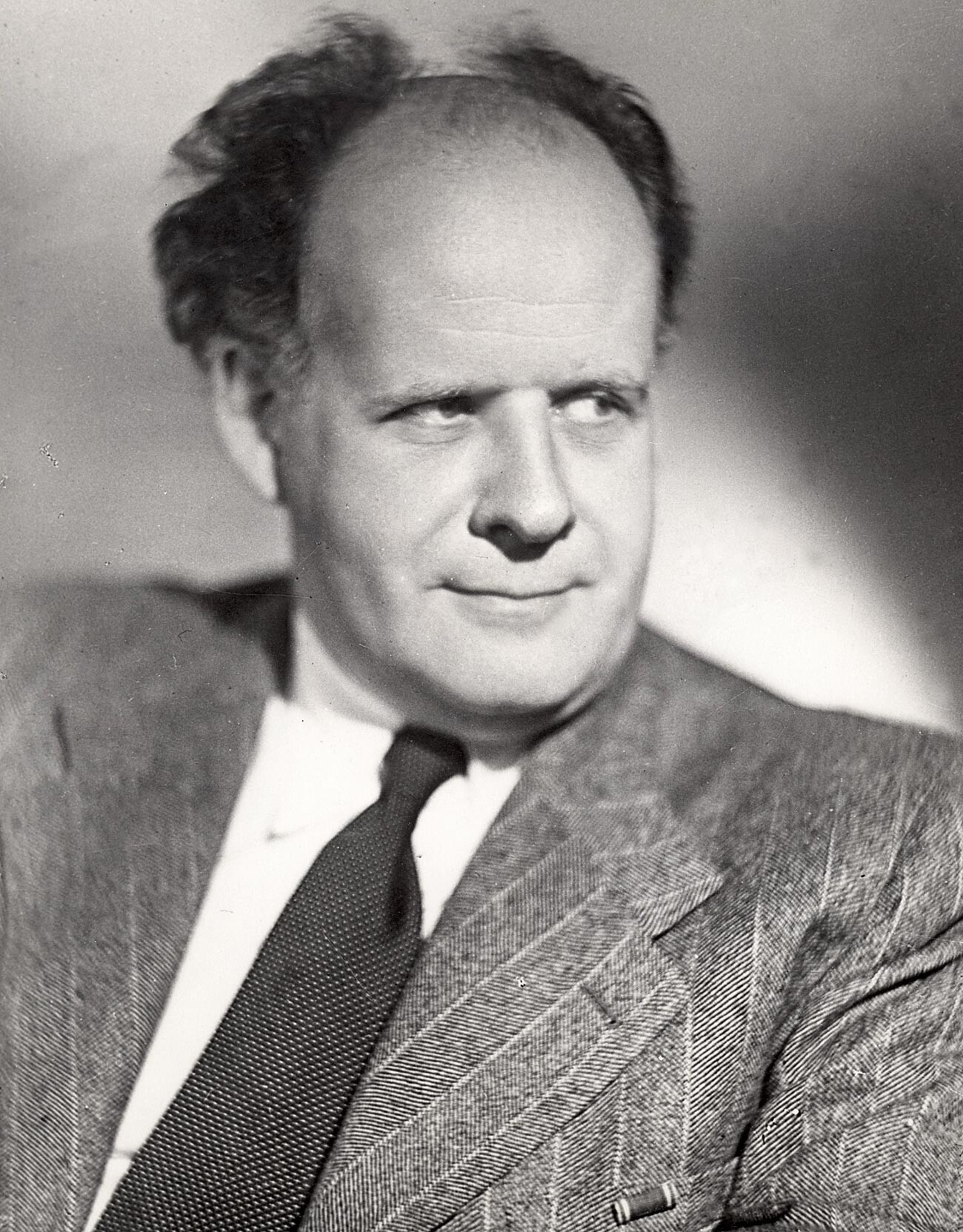
The Soviet movie director nicknamed “the Father of Montage”, famous for his silent movies about the 1917 Russian Revolution.
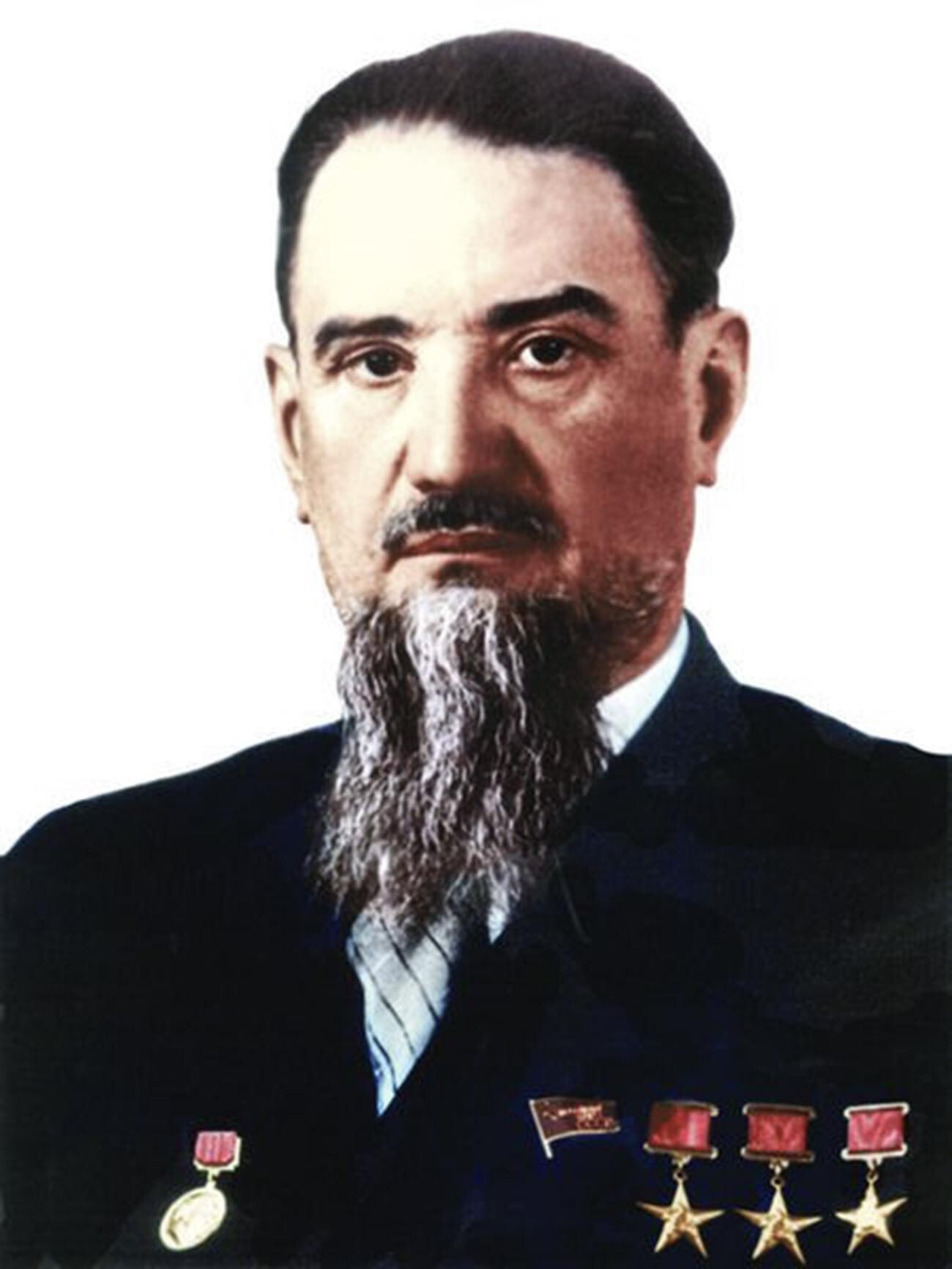
The outstanding Russian nuclear physicist and first head of the Kurchatov Institute. It was under his command that Soviet scientists created the first Soviet nuclear bomb, the first nuclear reactor in Europe and the world’s first thermonuclear bomb.
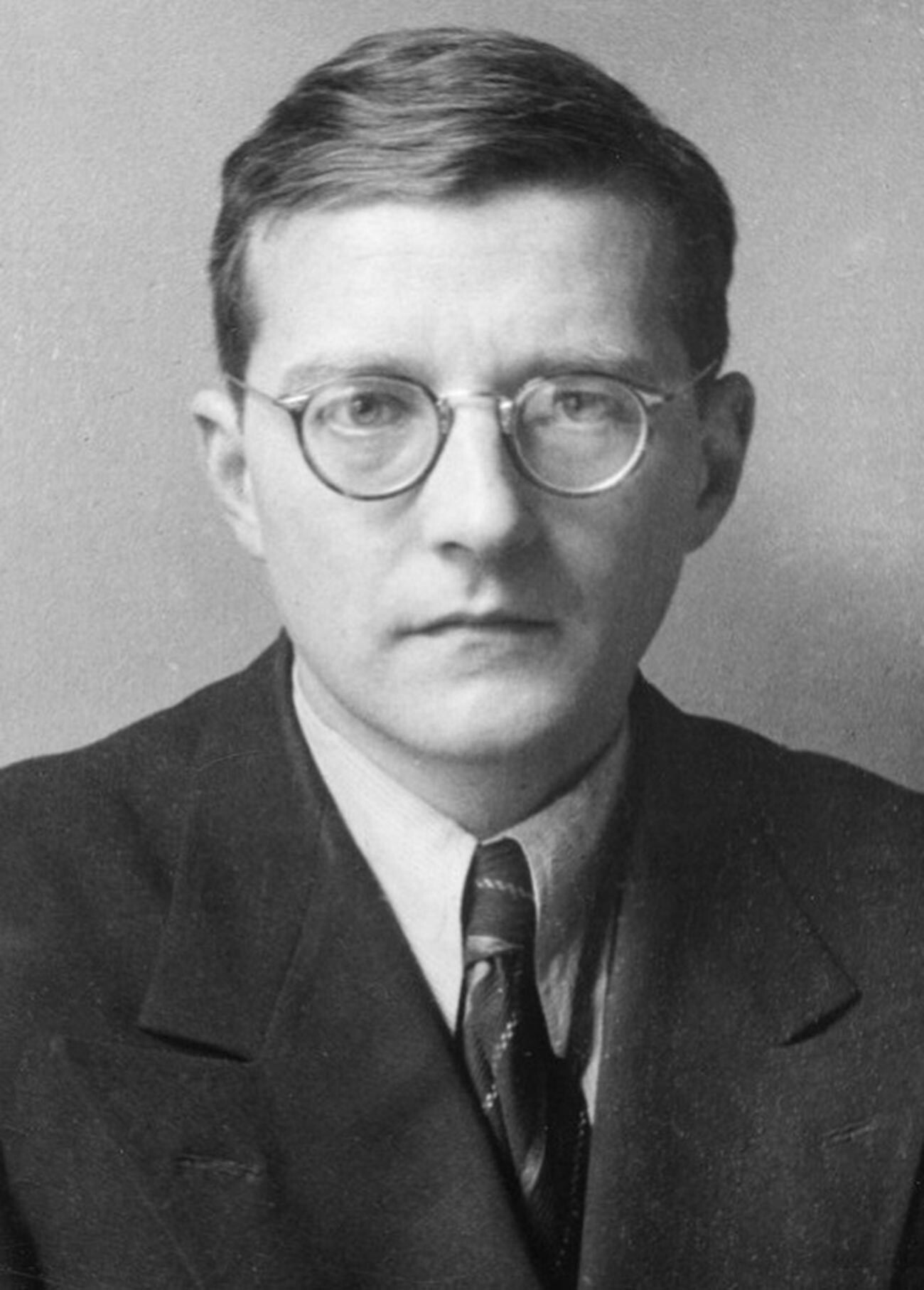
The Russian composer who became internationally known after the premiere of his graduation piece ‘Symphony No.1’.
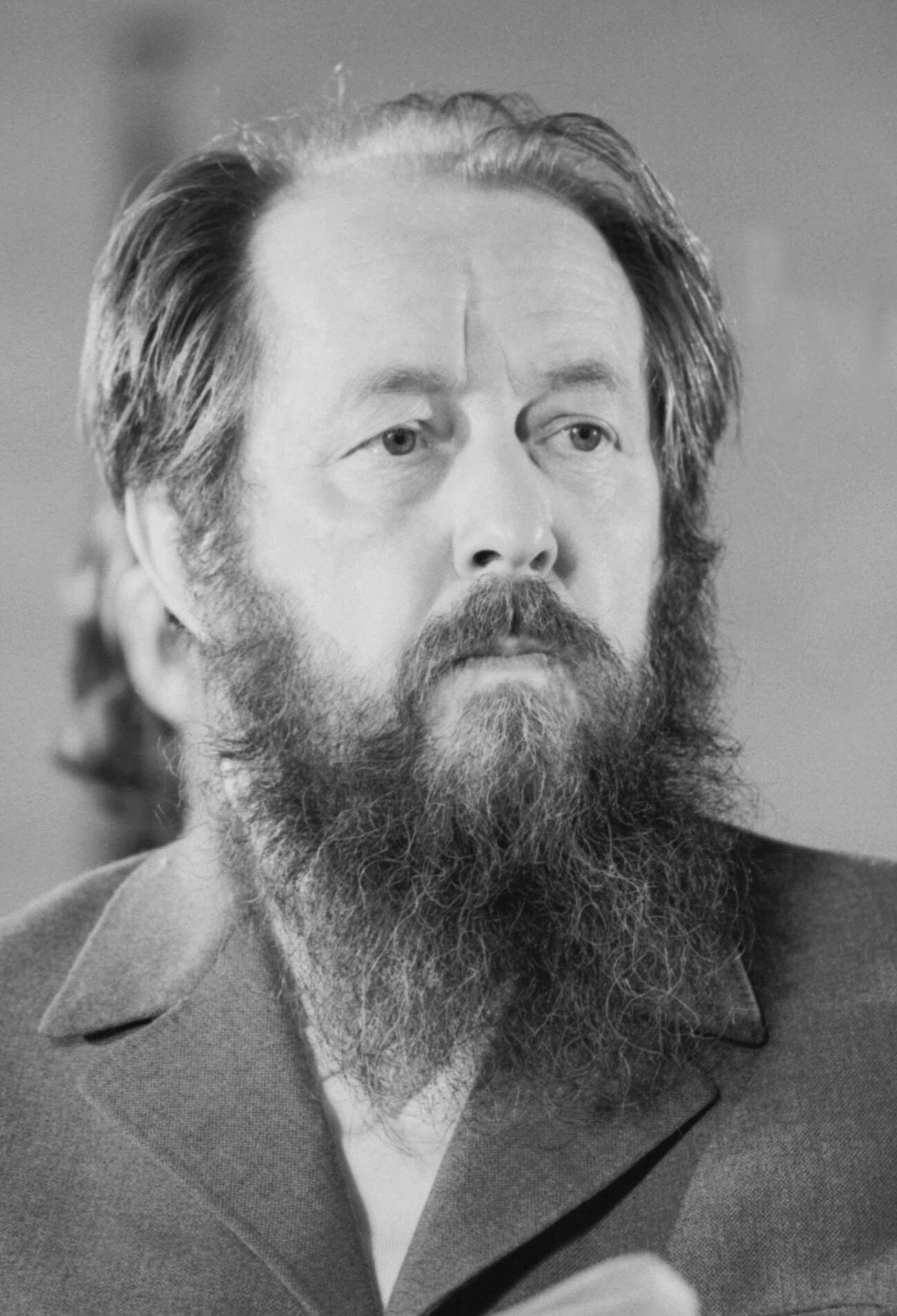
The Russian novelist and dissident who survived Soviet labor camps and risked writing about it, author of 'The Gulag Archipelago' (1958-1968).
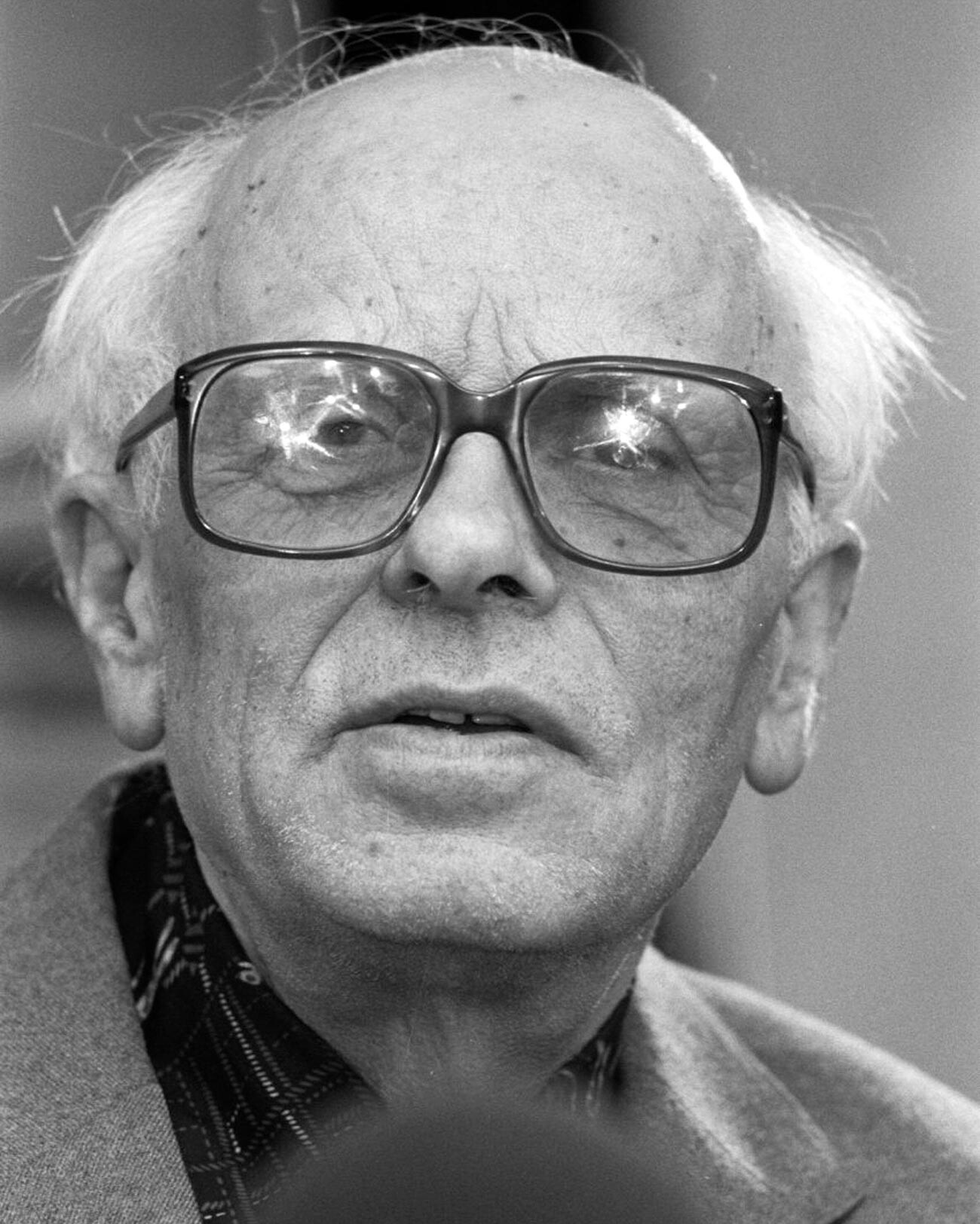
The inventor of the Soviet hydrogen bomb and one of the world’s most principled and prominent dissidents.
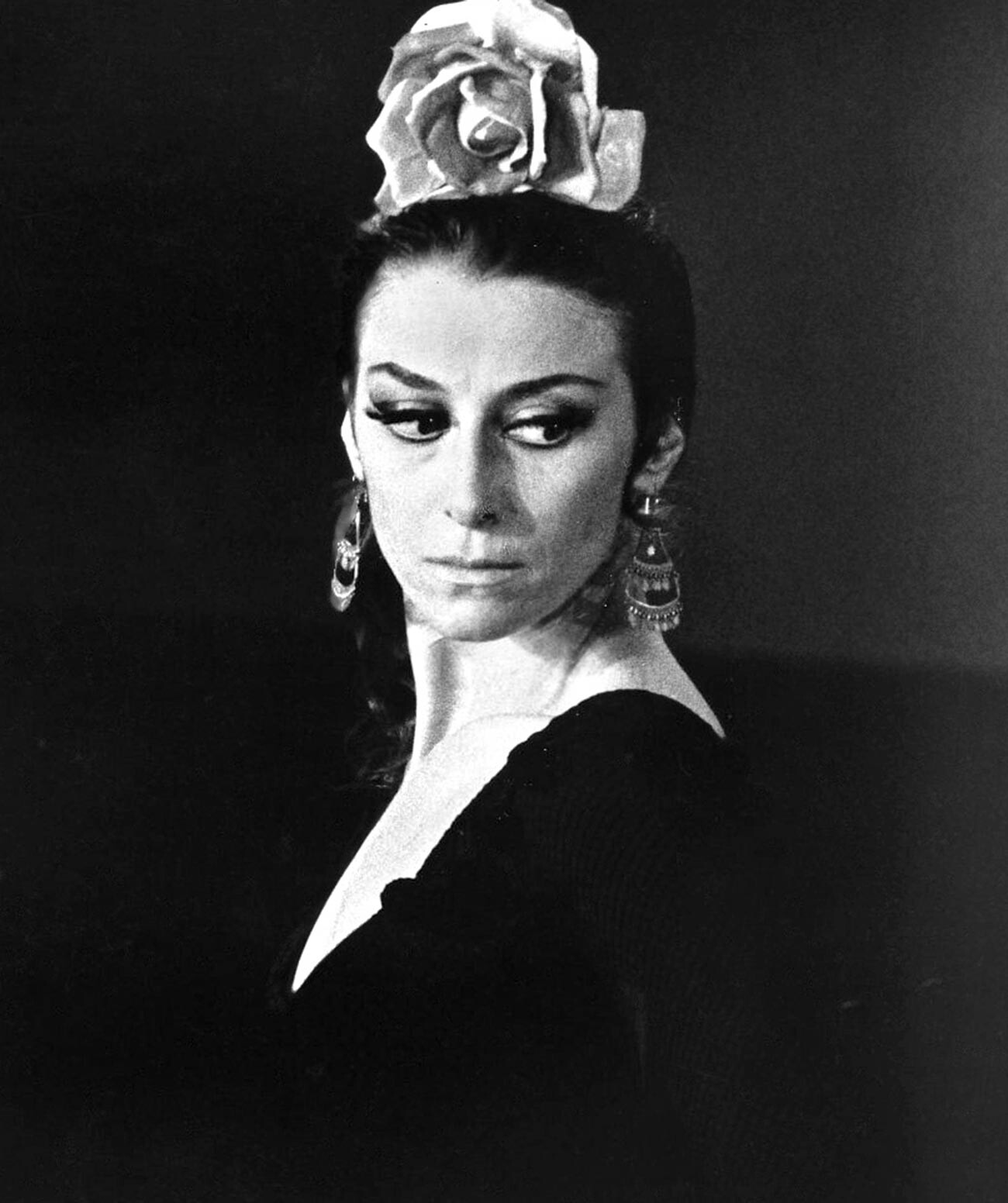
The great Russian ballerina who transcended the boundaries of dance, leaving her mark in literature, fashion, cinema, music and beyond.
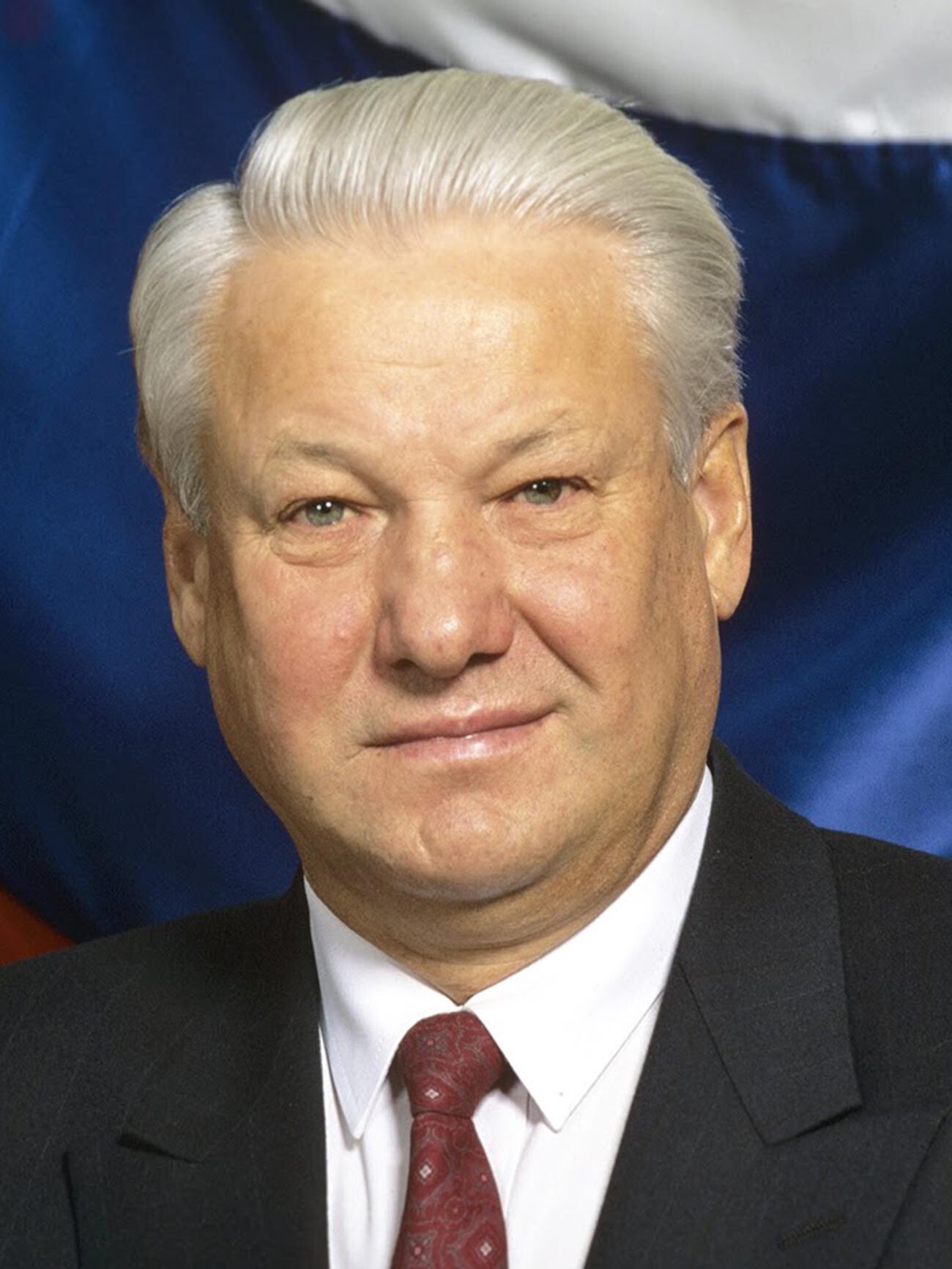
Russia’s first president who played one of the leading roles in the formation of contemporary Russia.
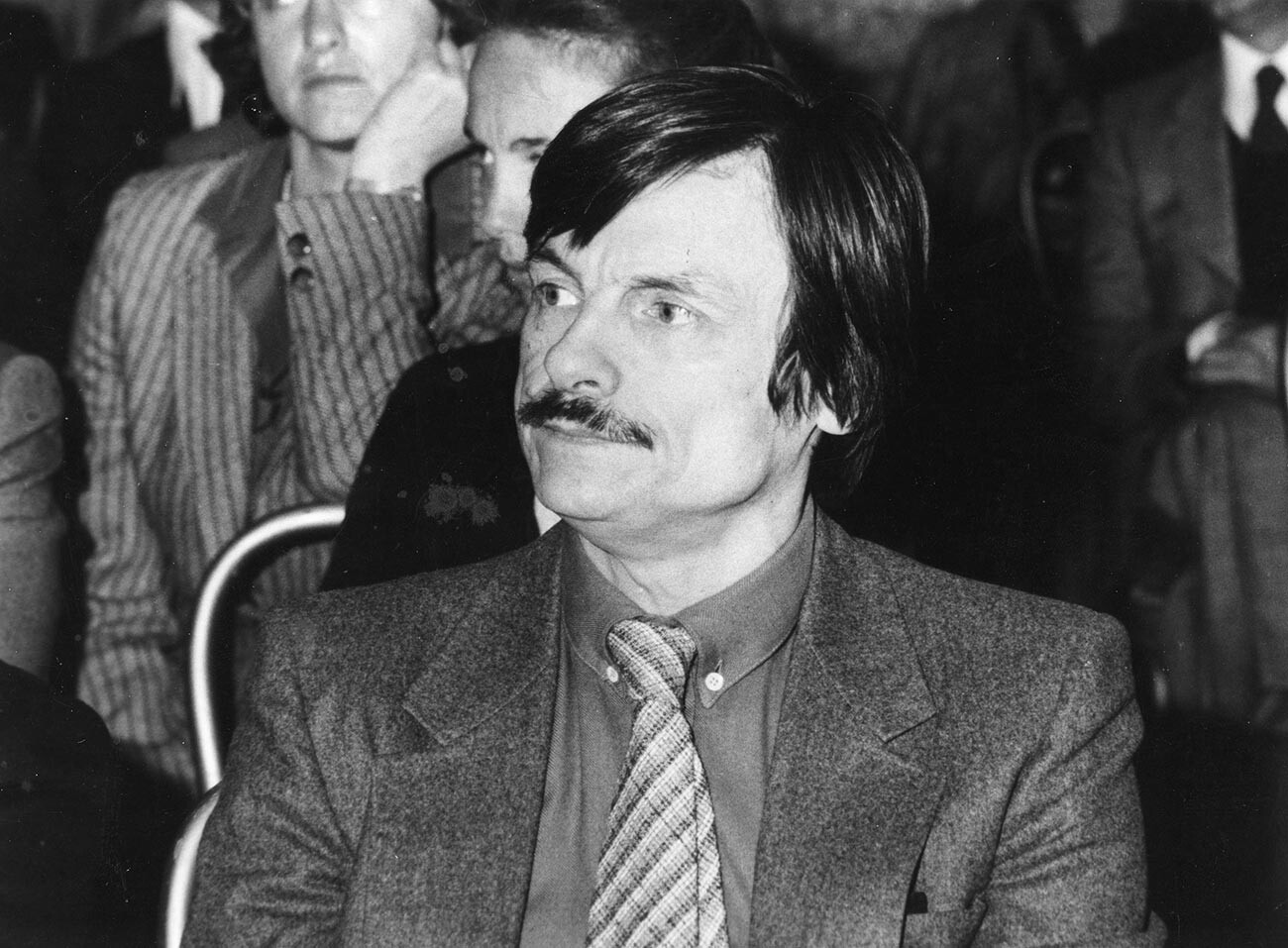
Andrei Tarkovski was of the world’s most visionary, celebrated and influential filmmakers whose works present the metaphysical and spiritual exploration of humanity and are recognized worldwide as artistic masterpieces.
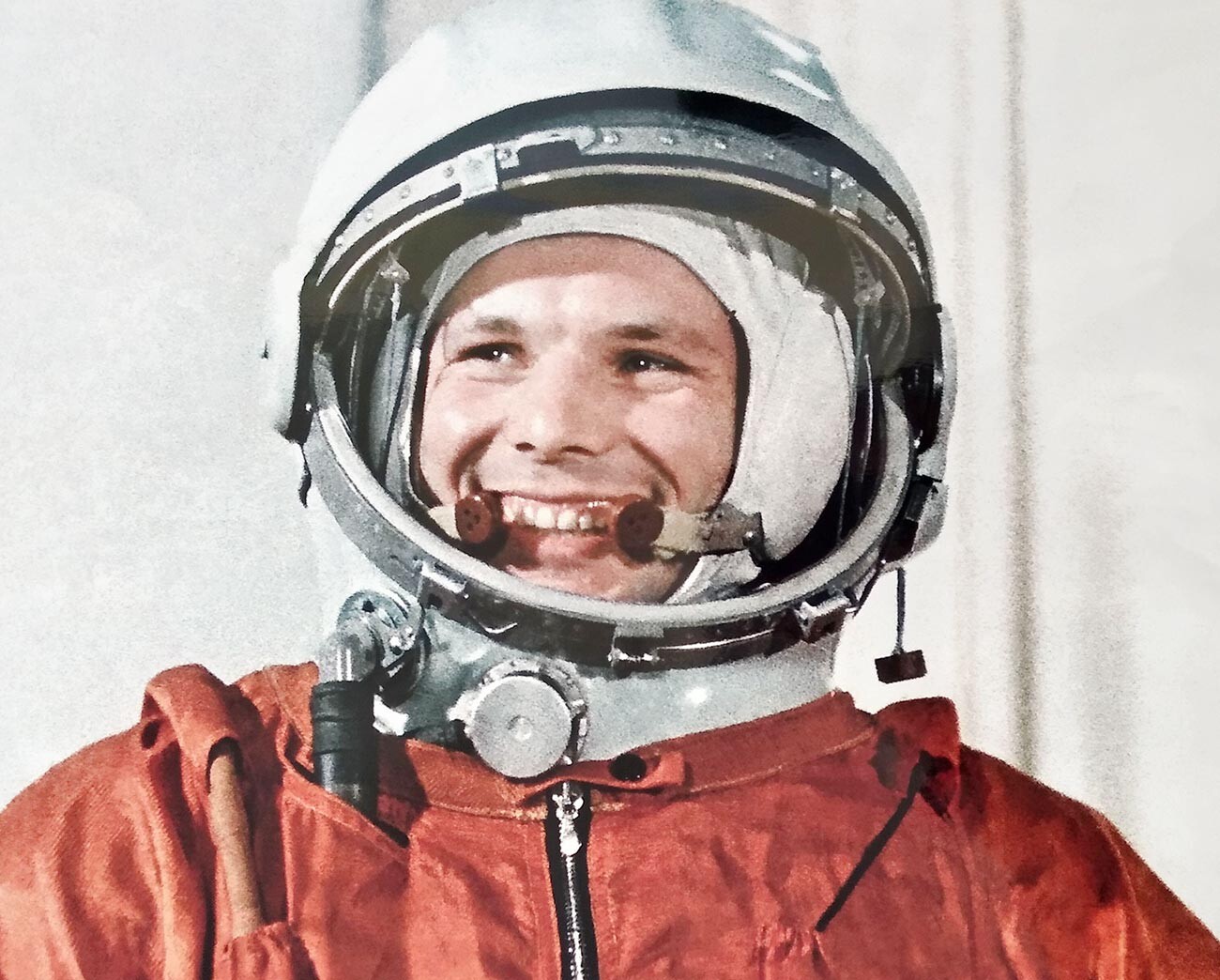
The first man in space (1961).
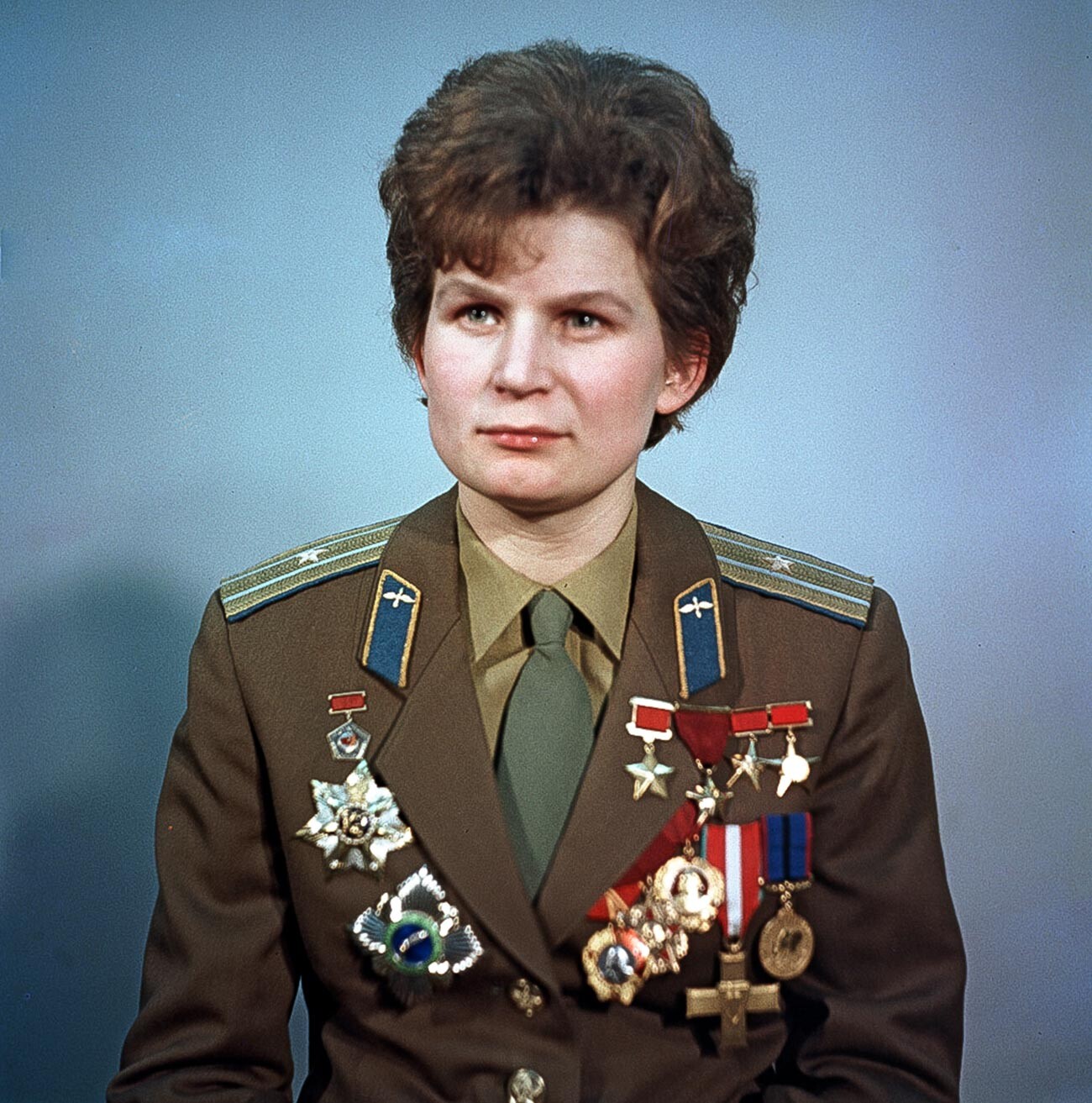
The first woman in space (1963).
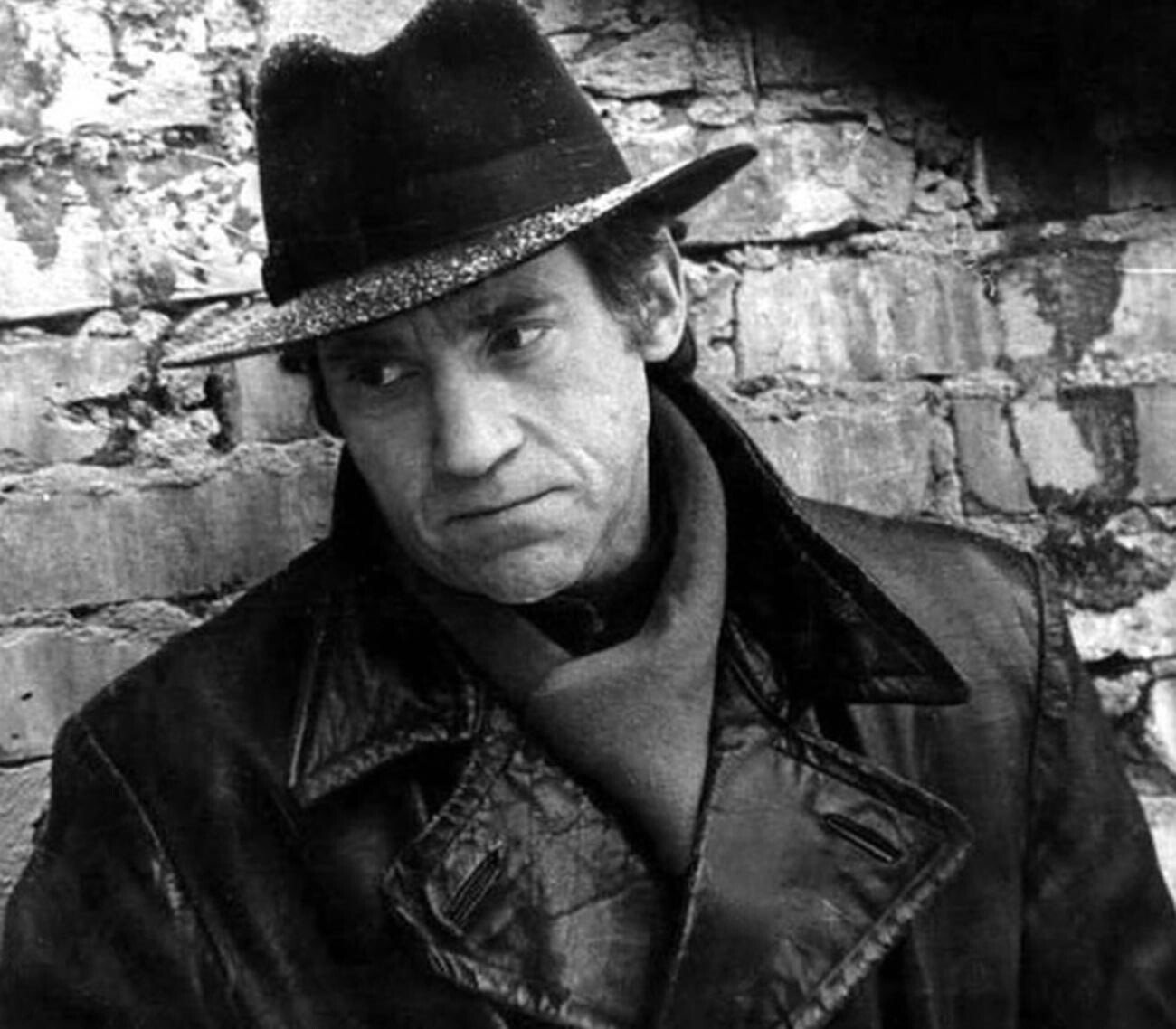
Russia’s favorite bard, poet, singer and actor, who composed nearly 600 songs that are still popular among many Russians.
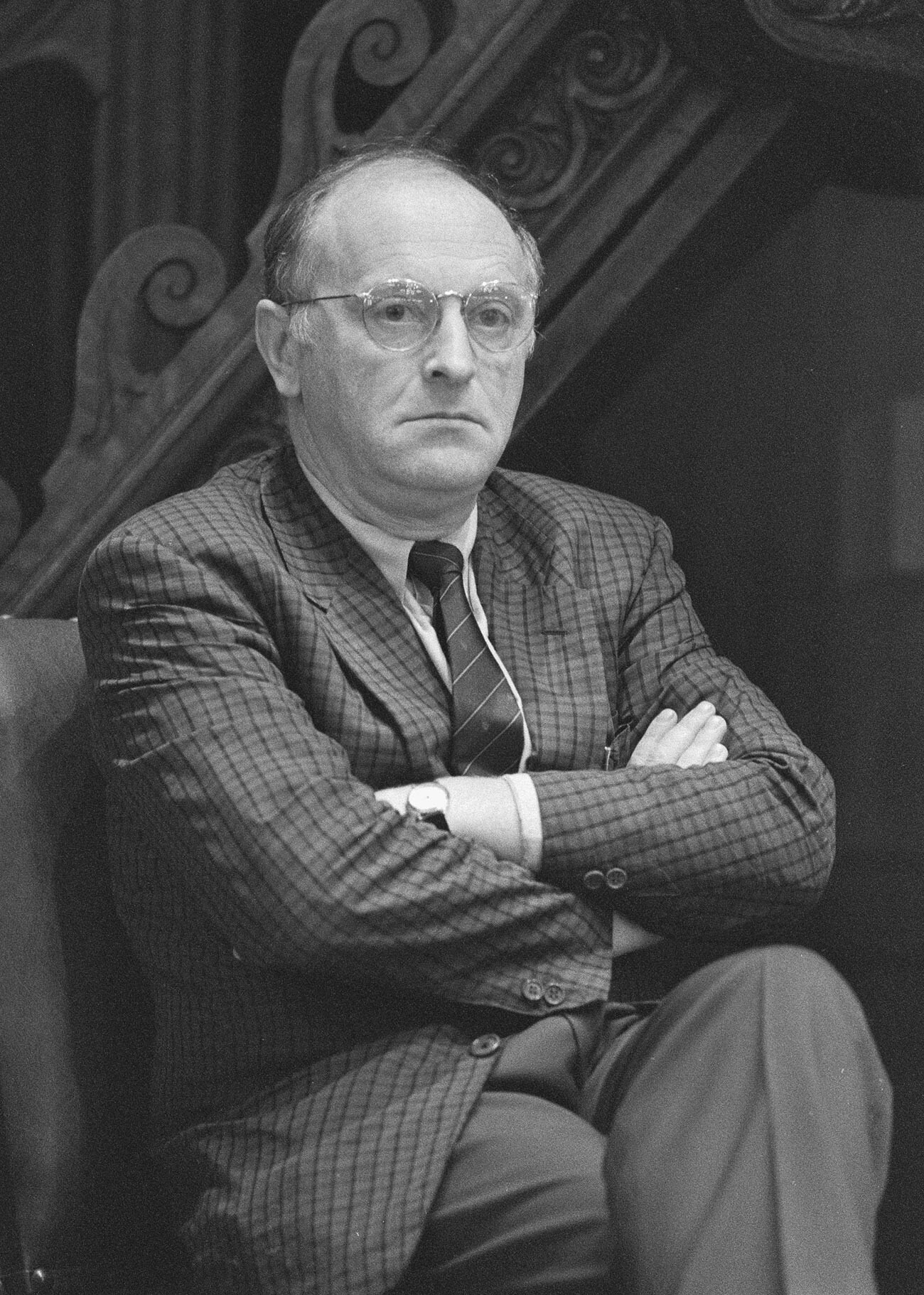
Nobel Prize winner in literature, Russian poet and essayist who defined the development of the Russian language of the late 20th century.
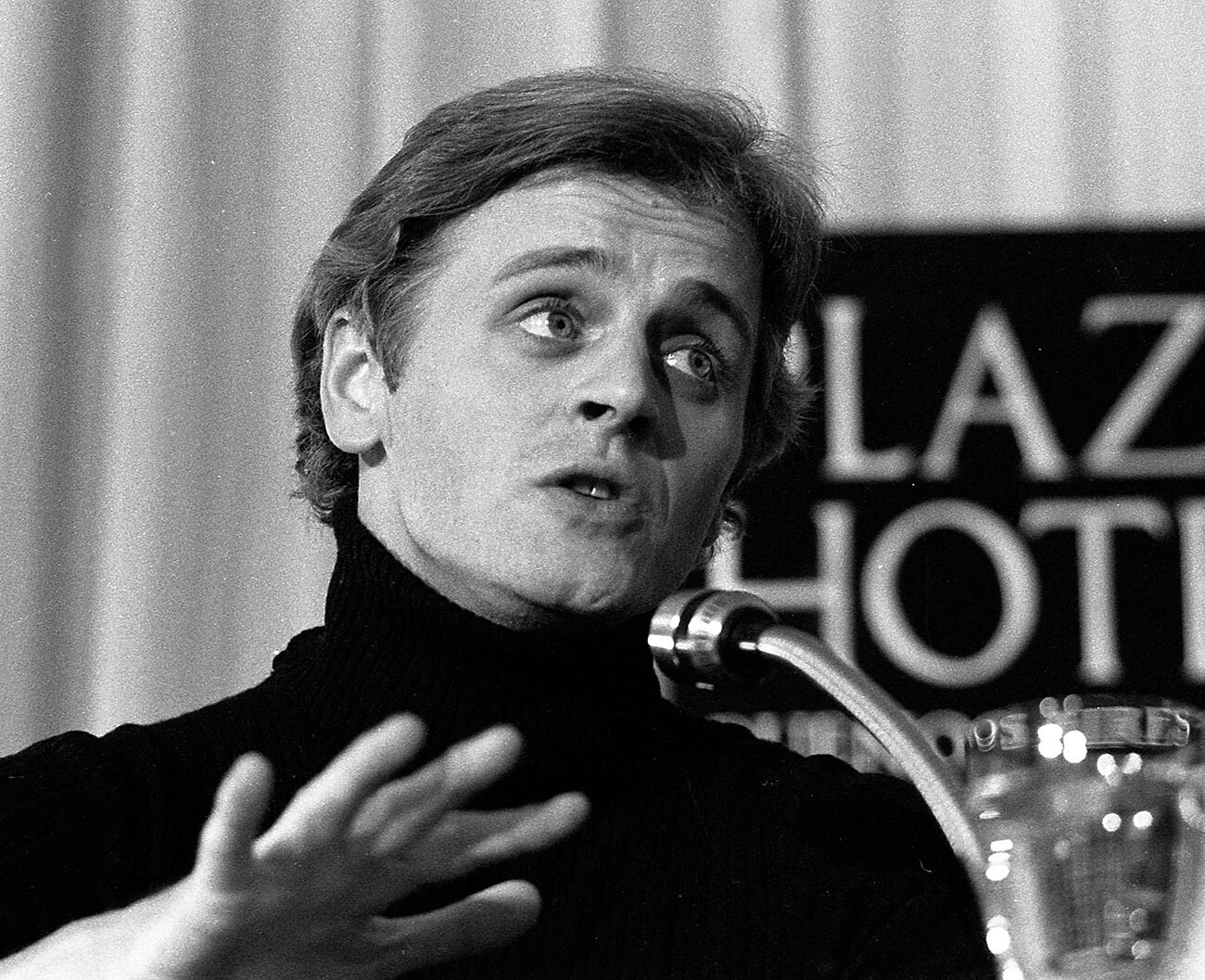
One of the greatest ballet dancers in modern history, who found international fame after fleeing the USSR in 1974.
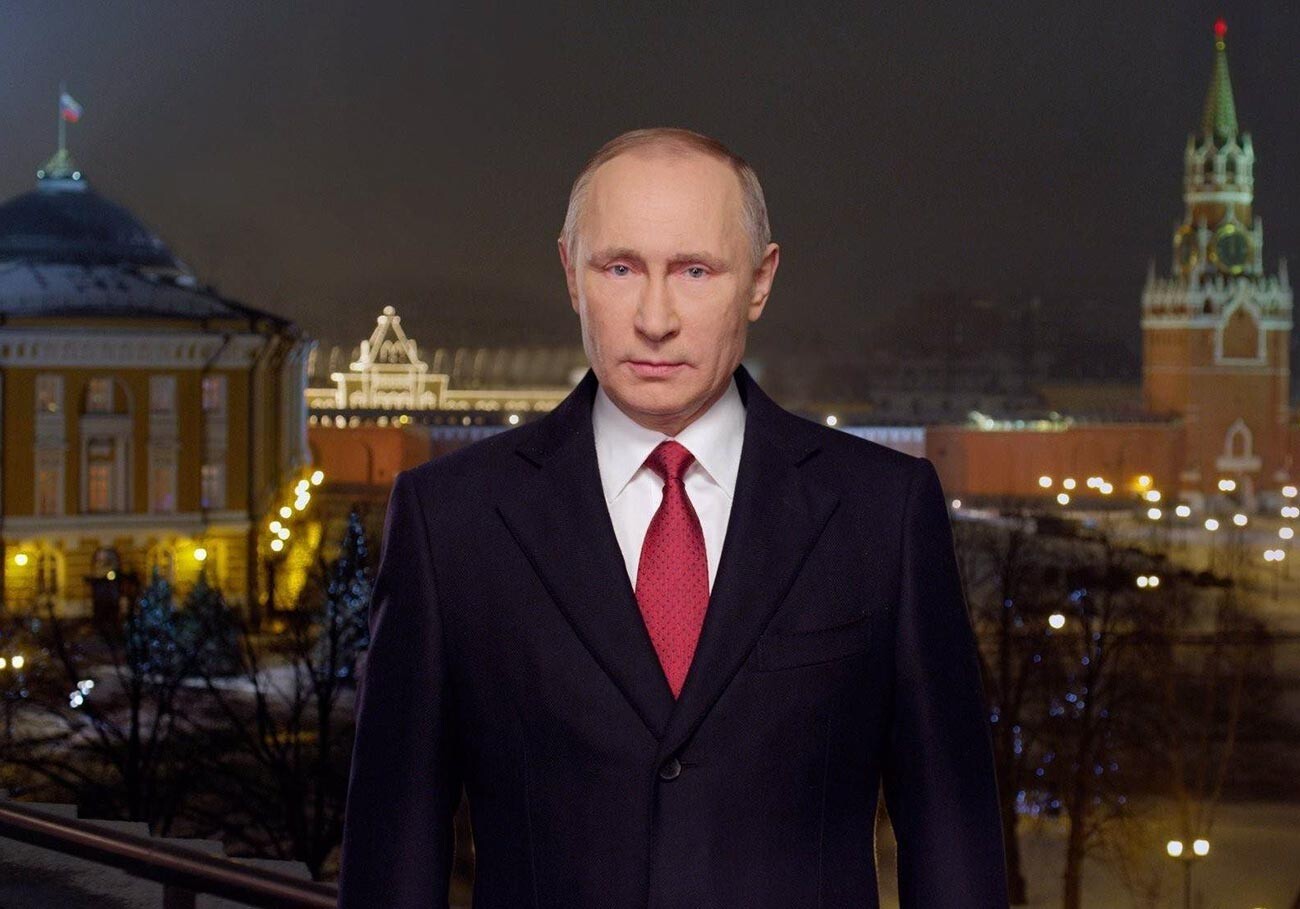
The current President of the Russian Federation (from 2012).
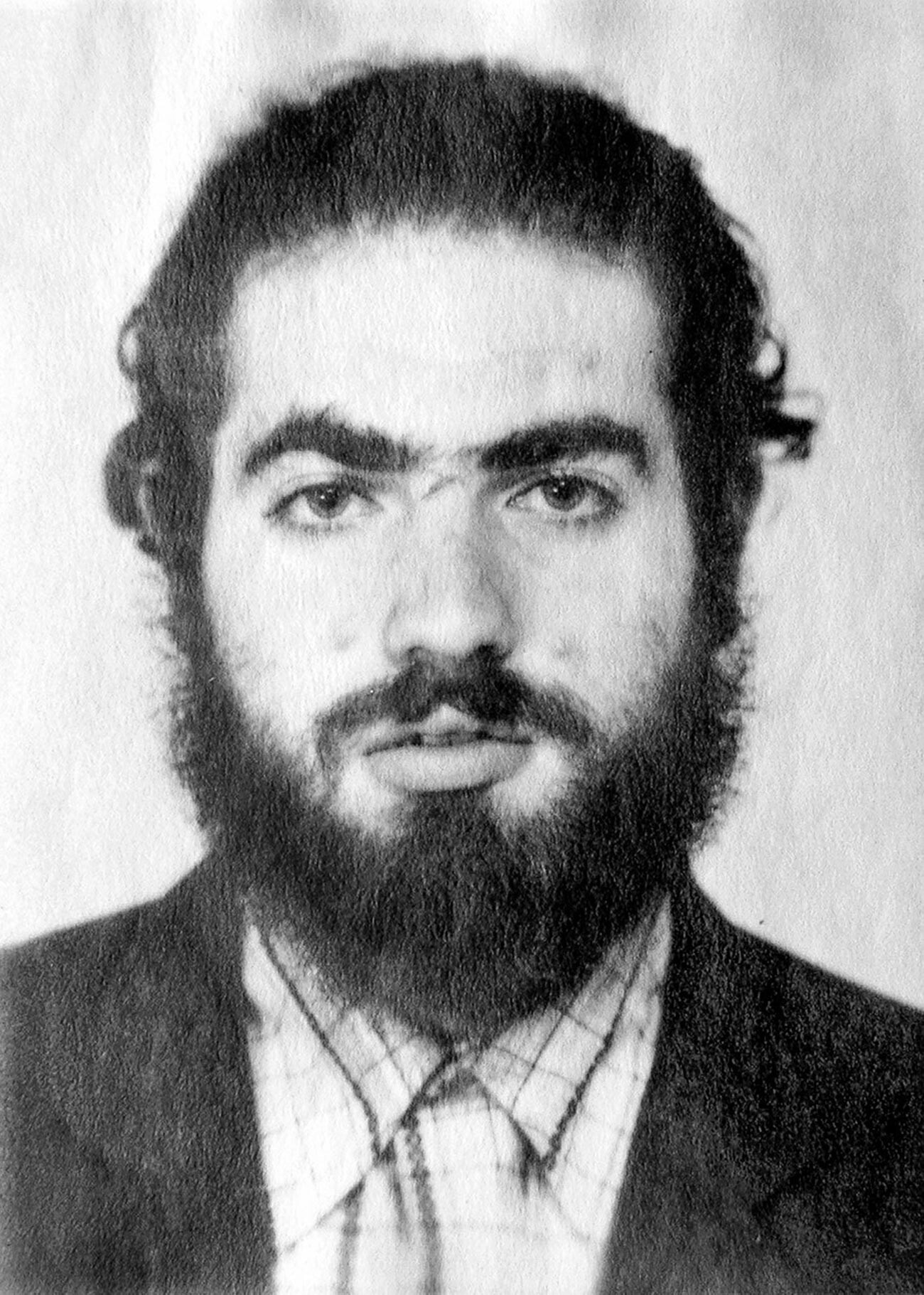
The brilliant Russian mathematician, who solved one of the seven Millennium Prize Problems in mathematics – the Poincaré conjecture, and rejected the cash prize of one million dollars.
If using any of Russia Beyond's content, partly or in full, always provide an active hyperlink to the original material.
Subscribe
to our newsletter!
Get the week's best stories straight to your inbox